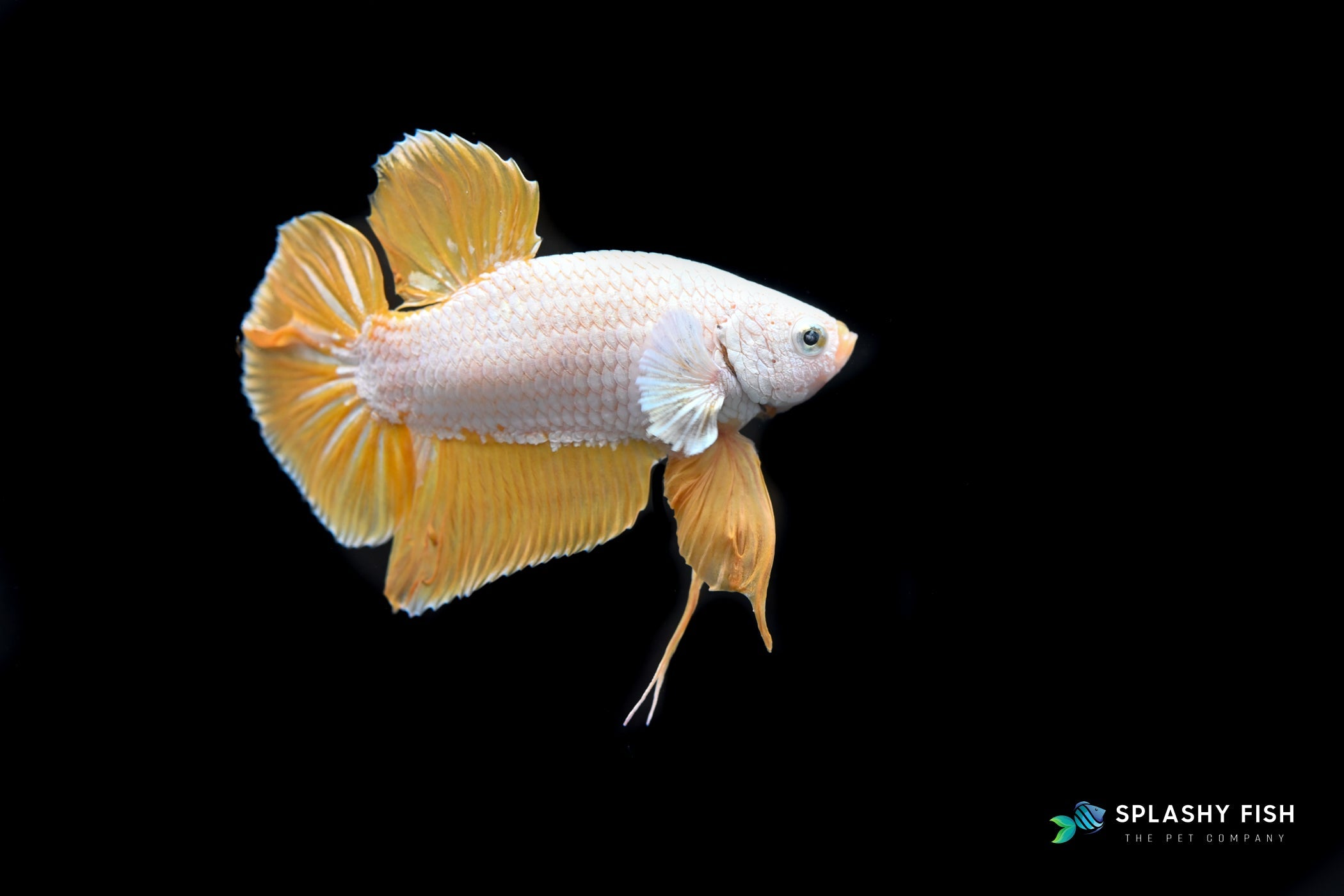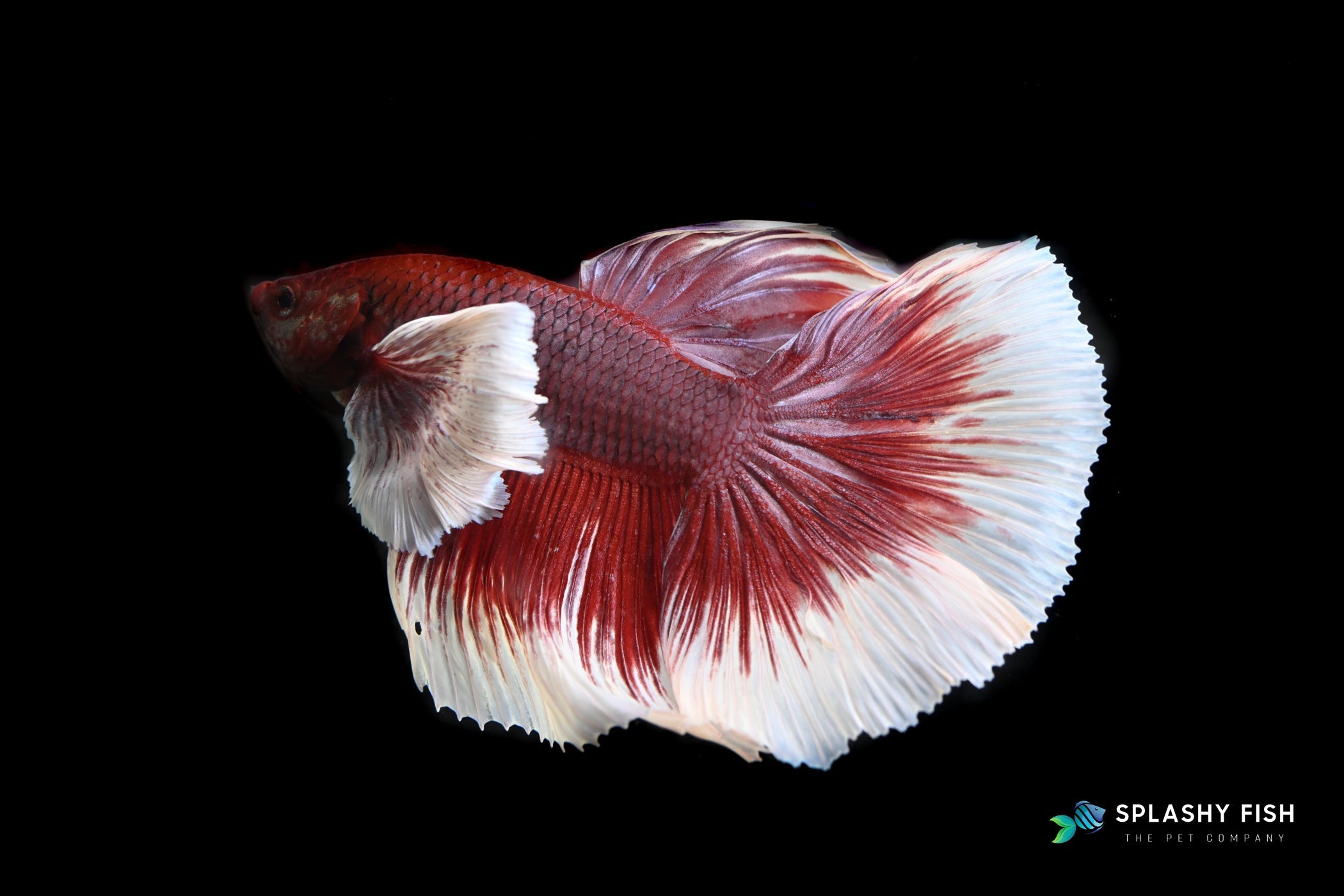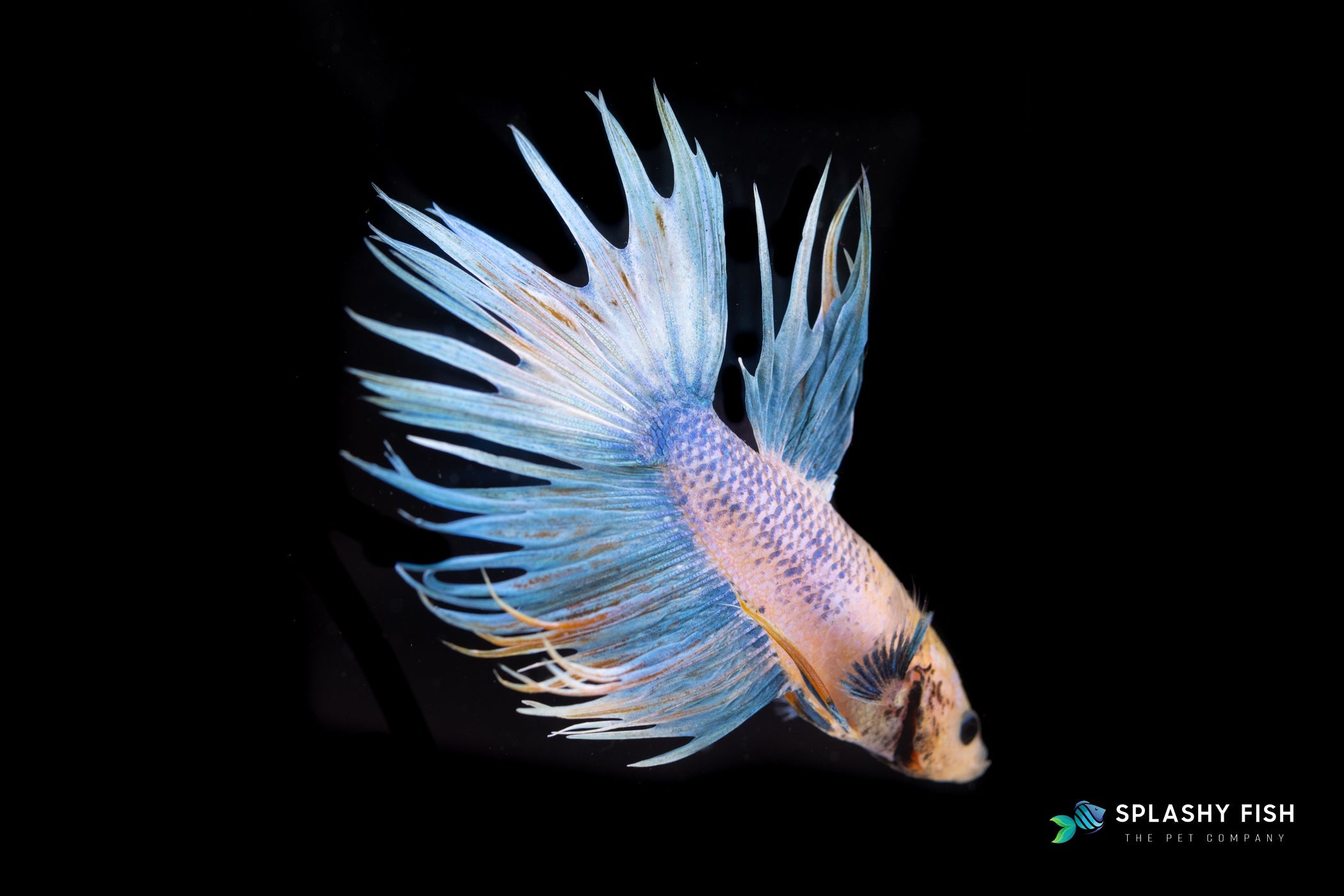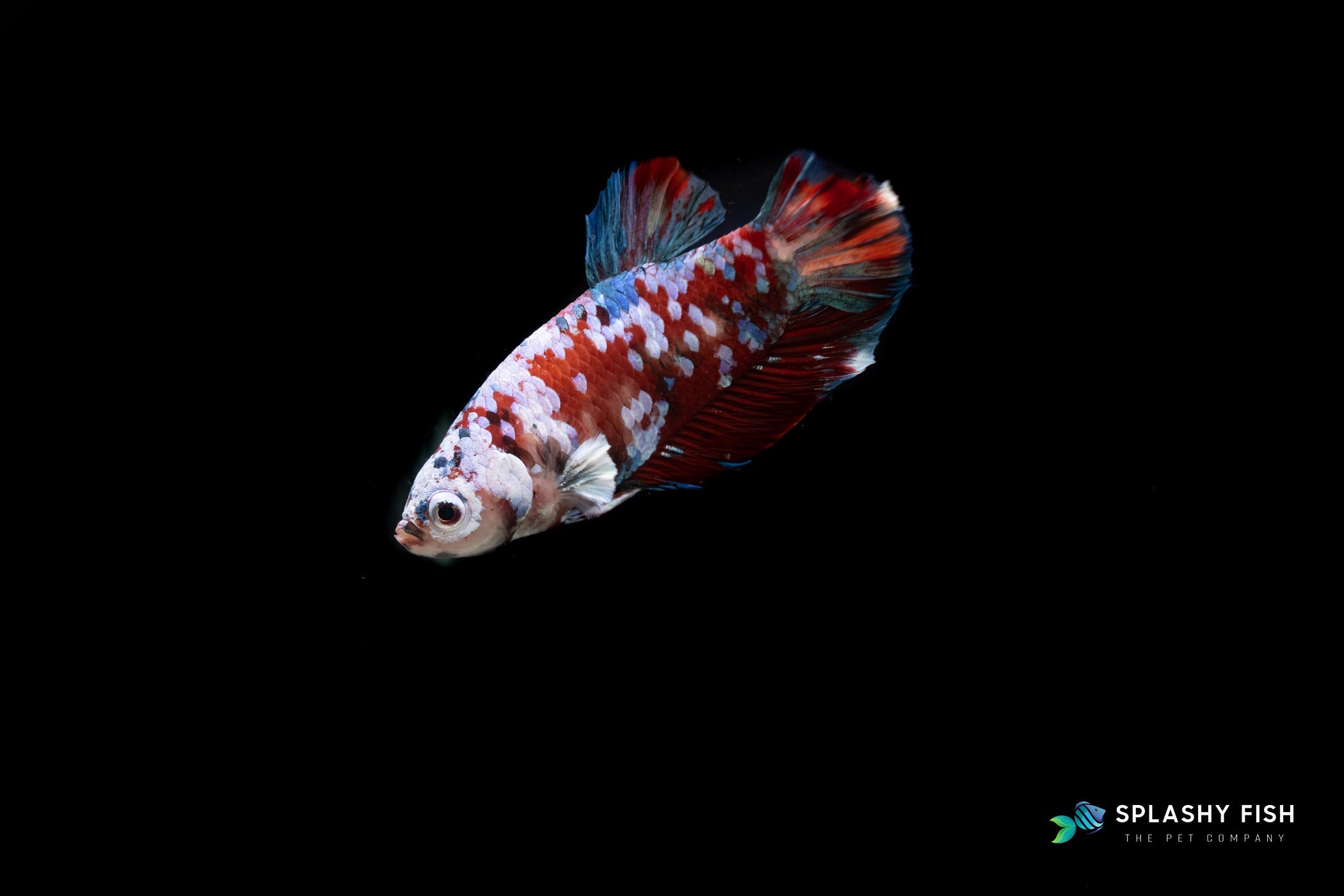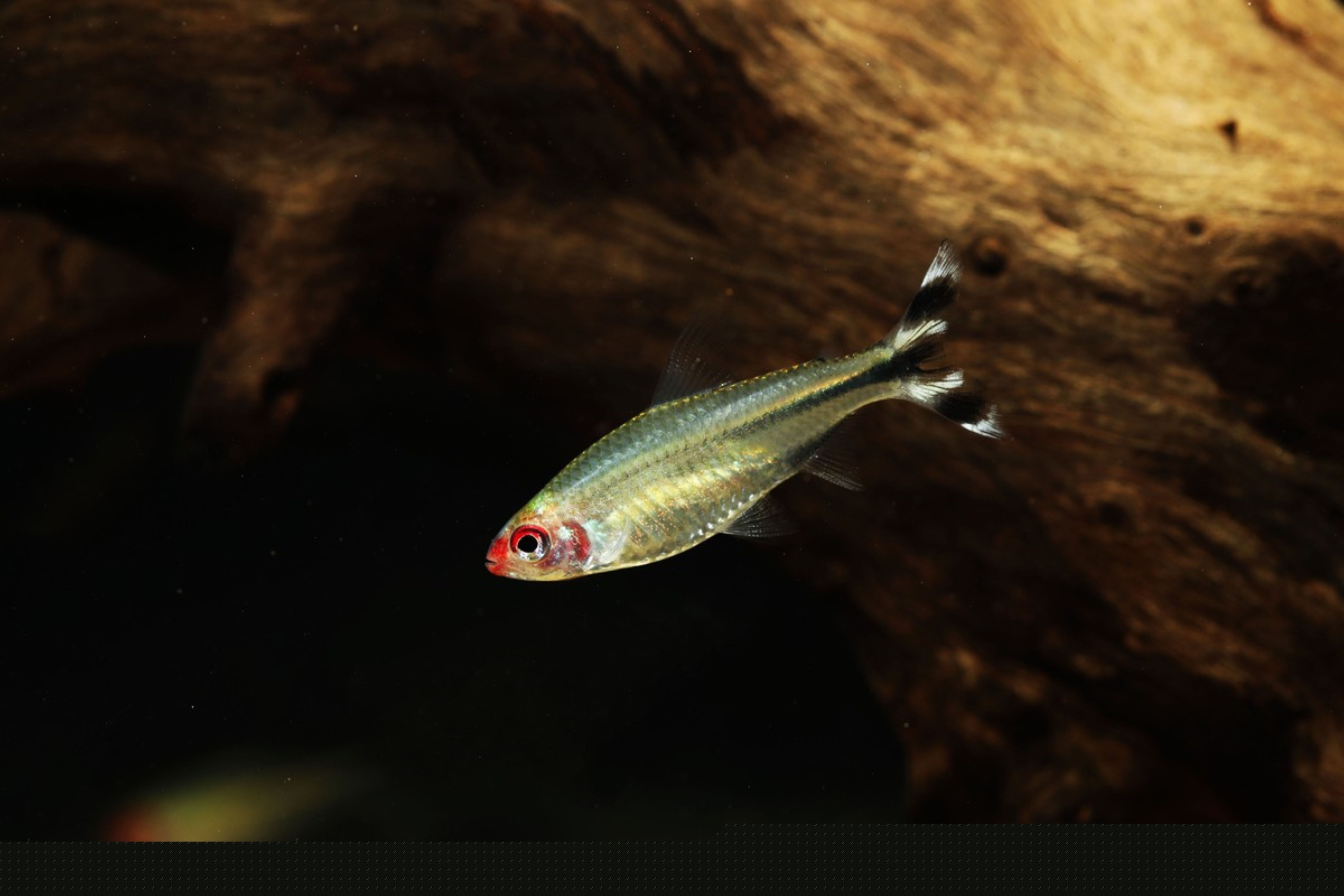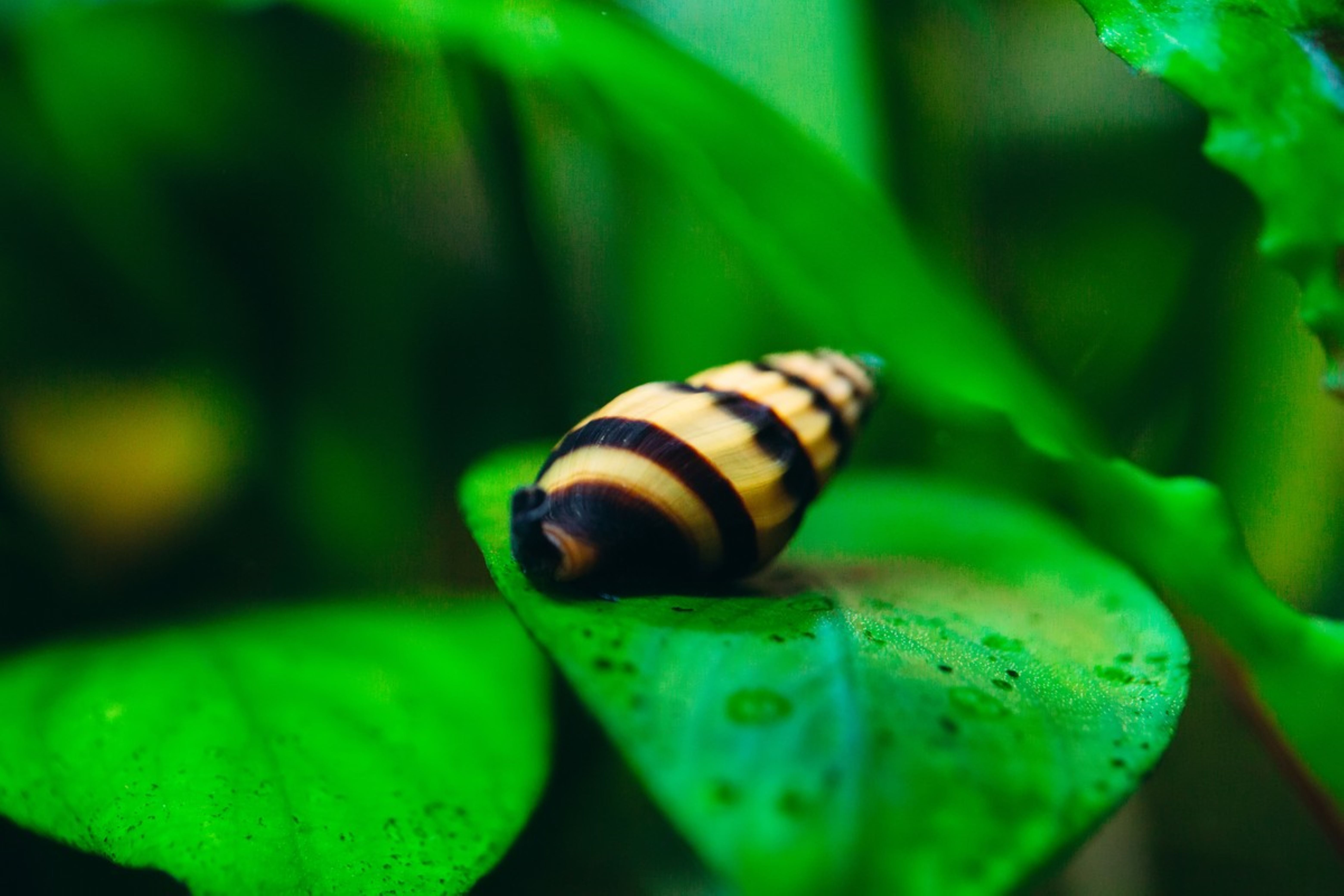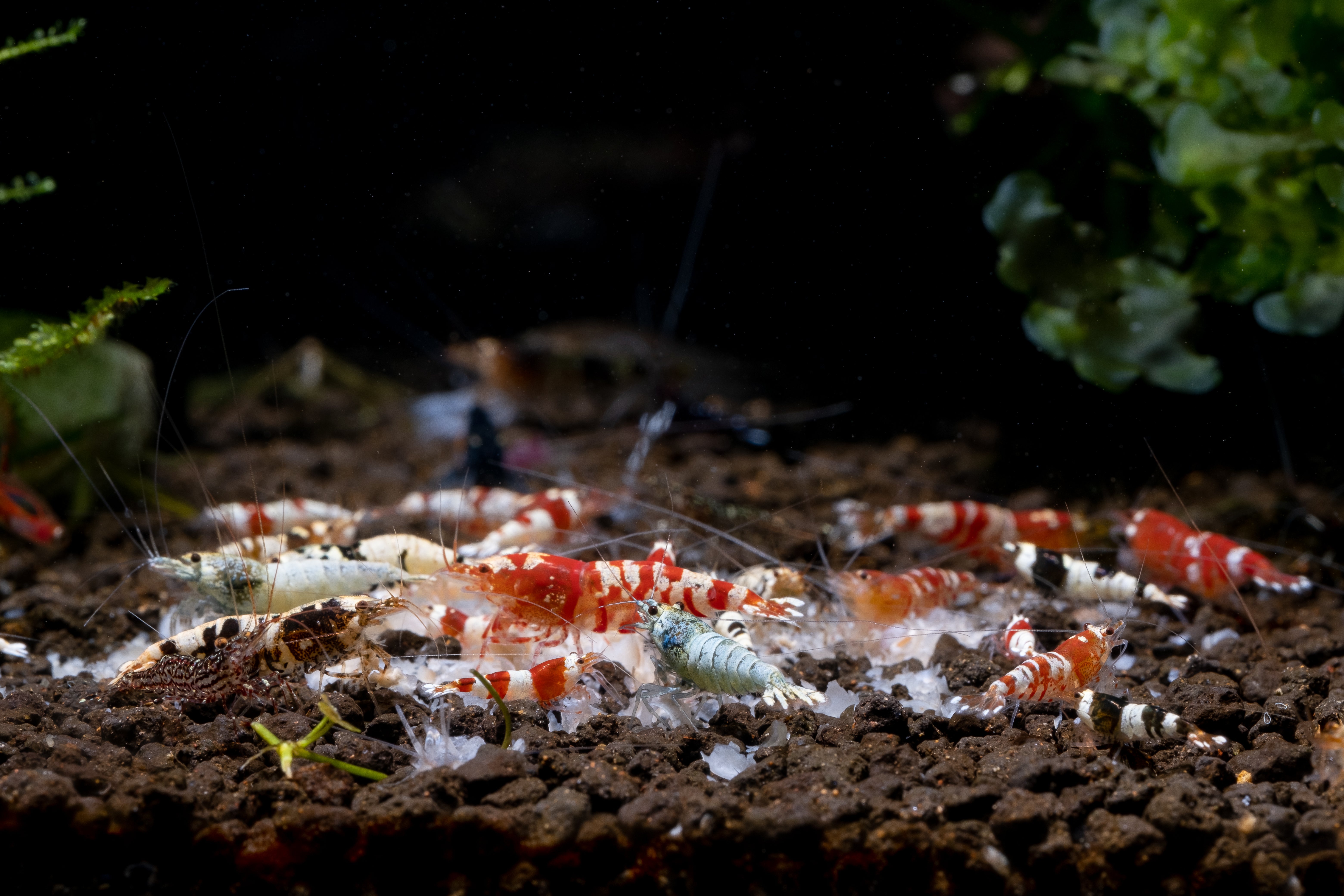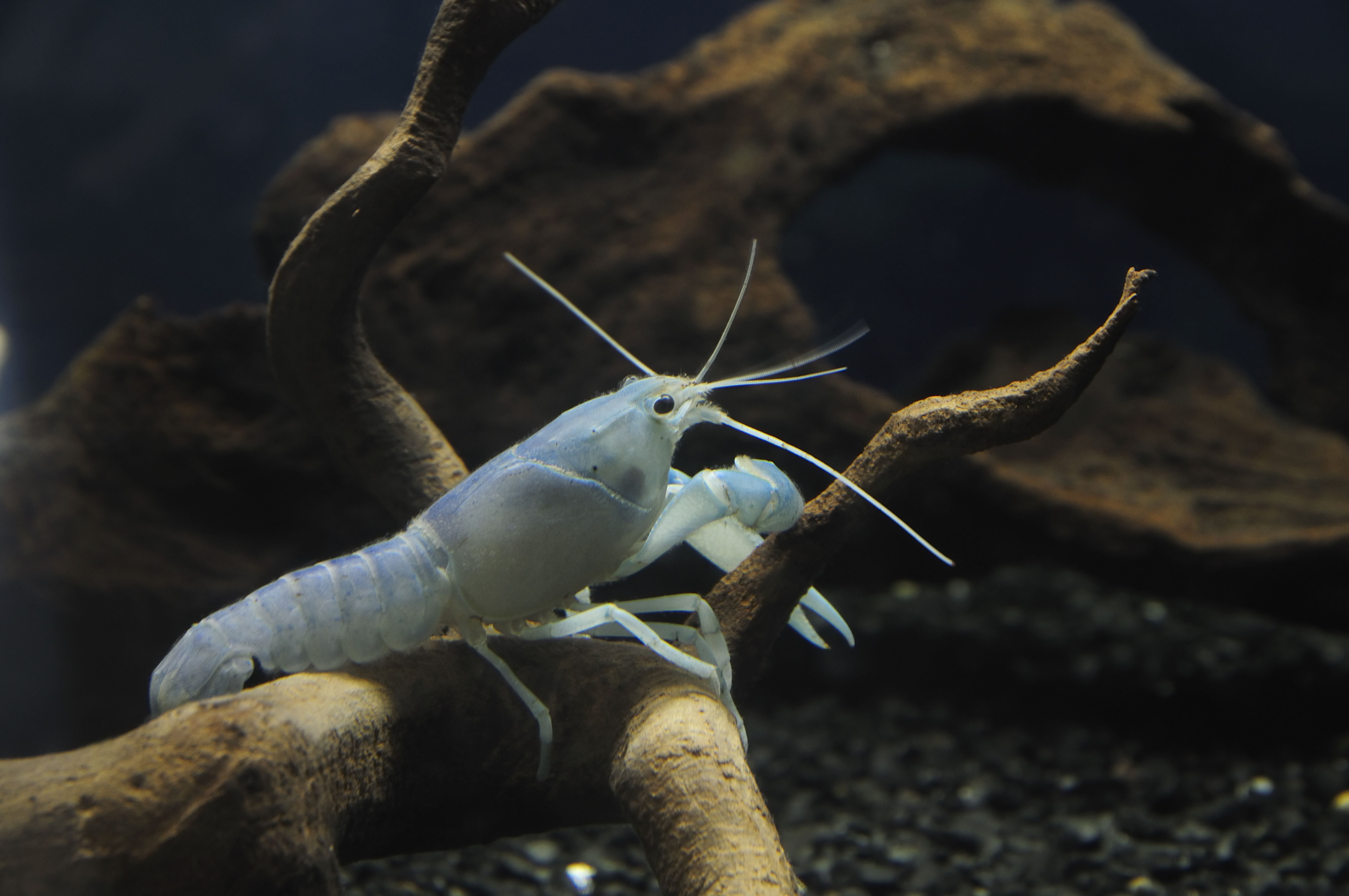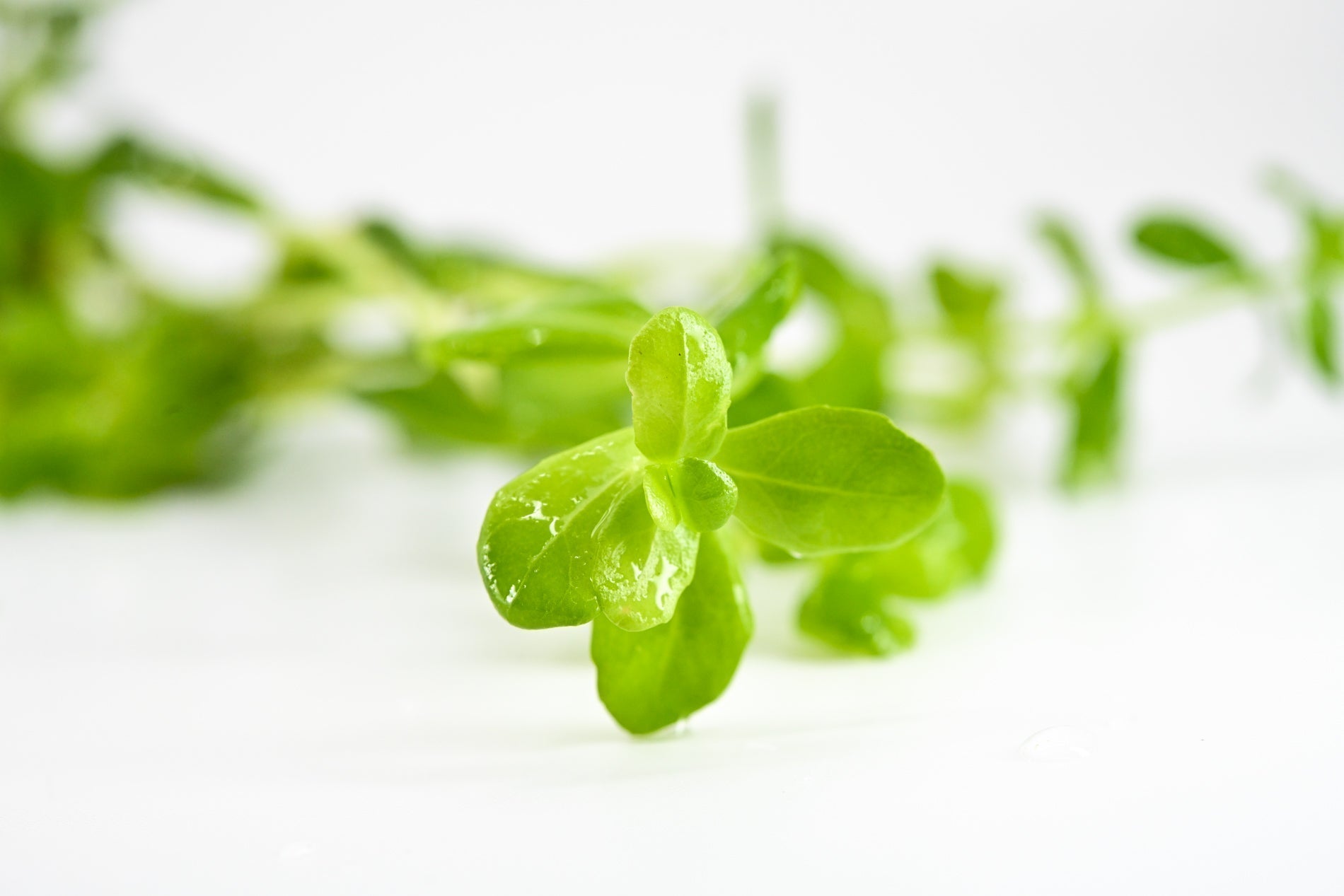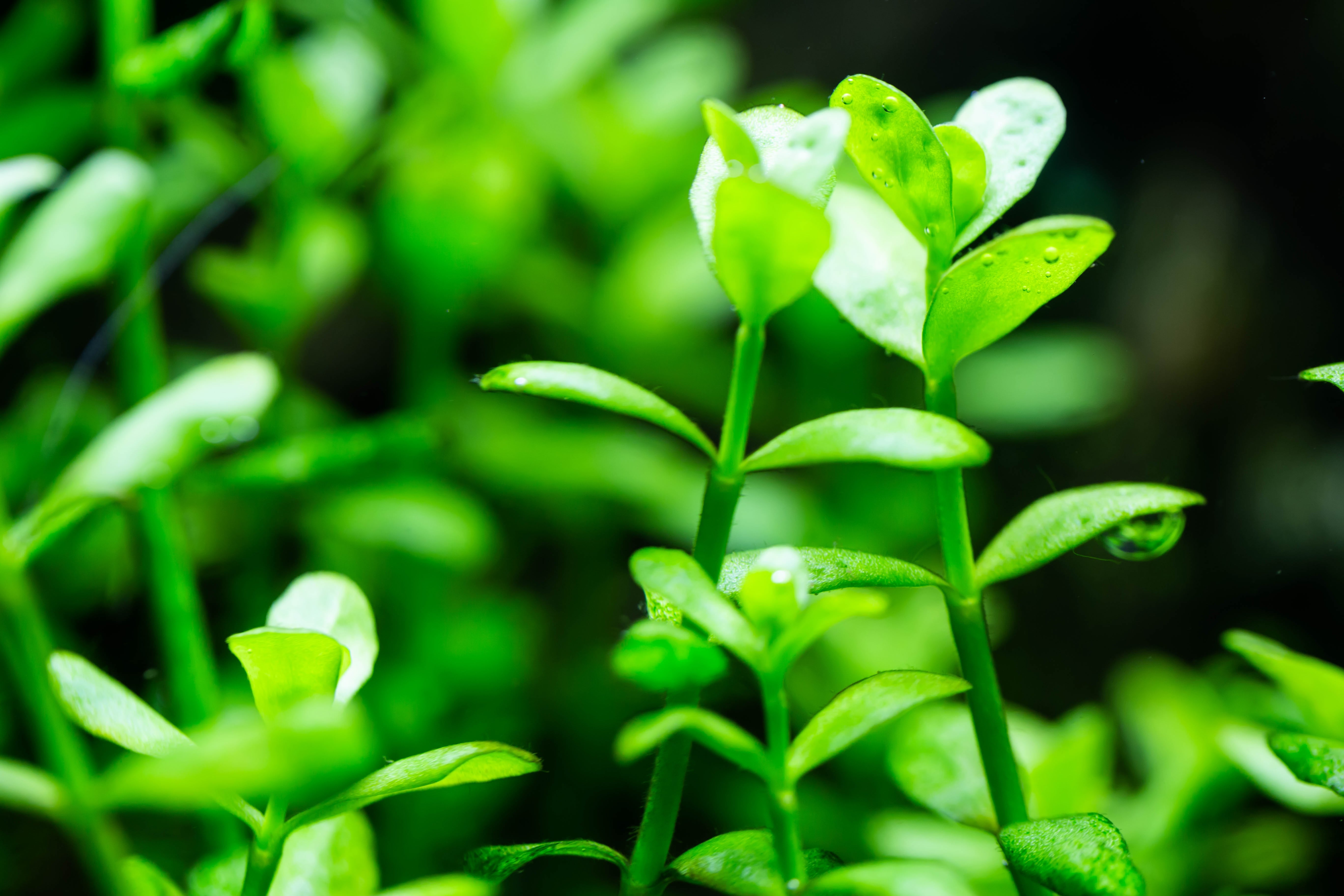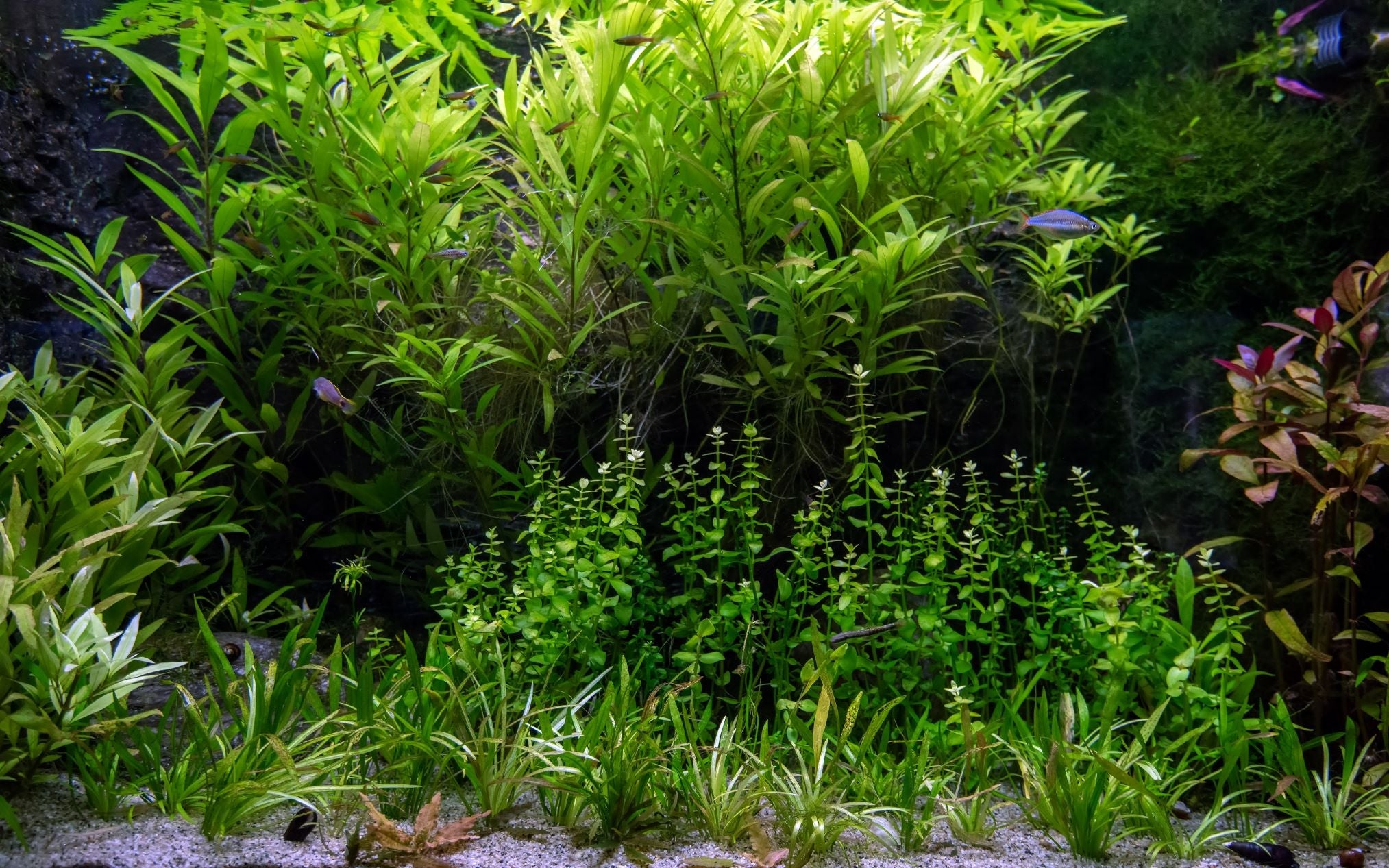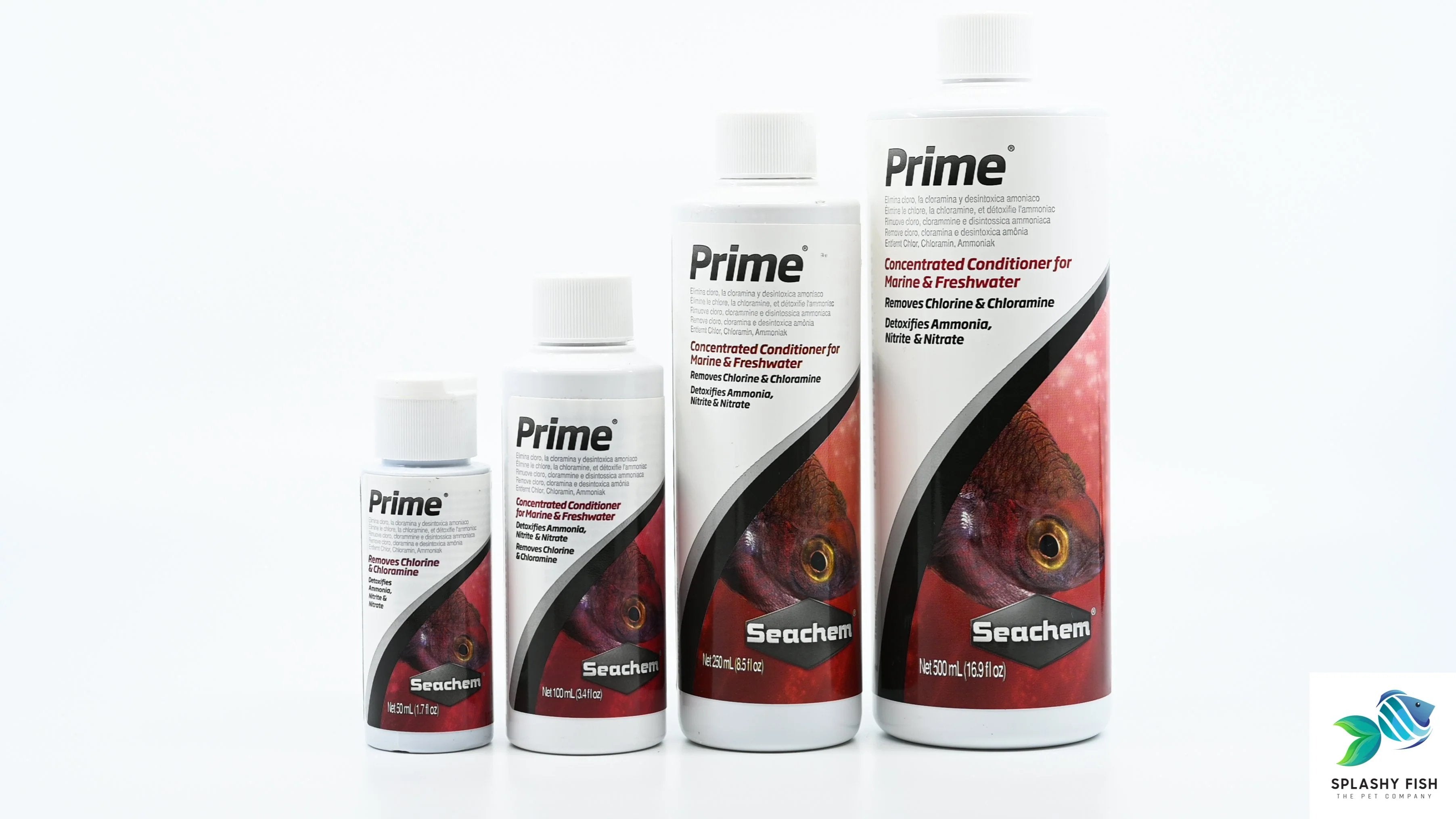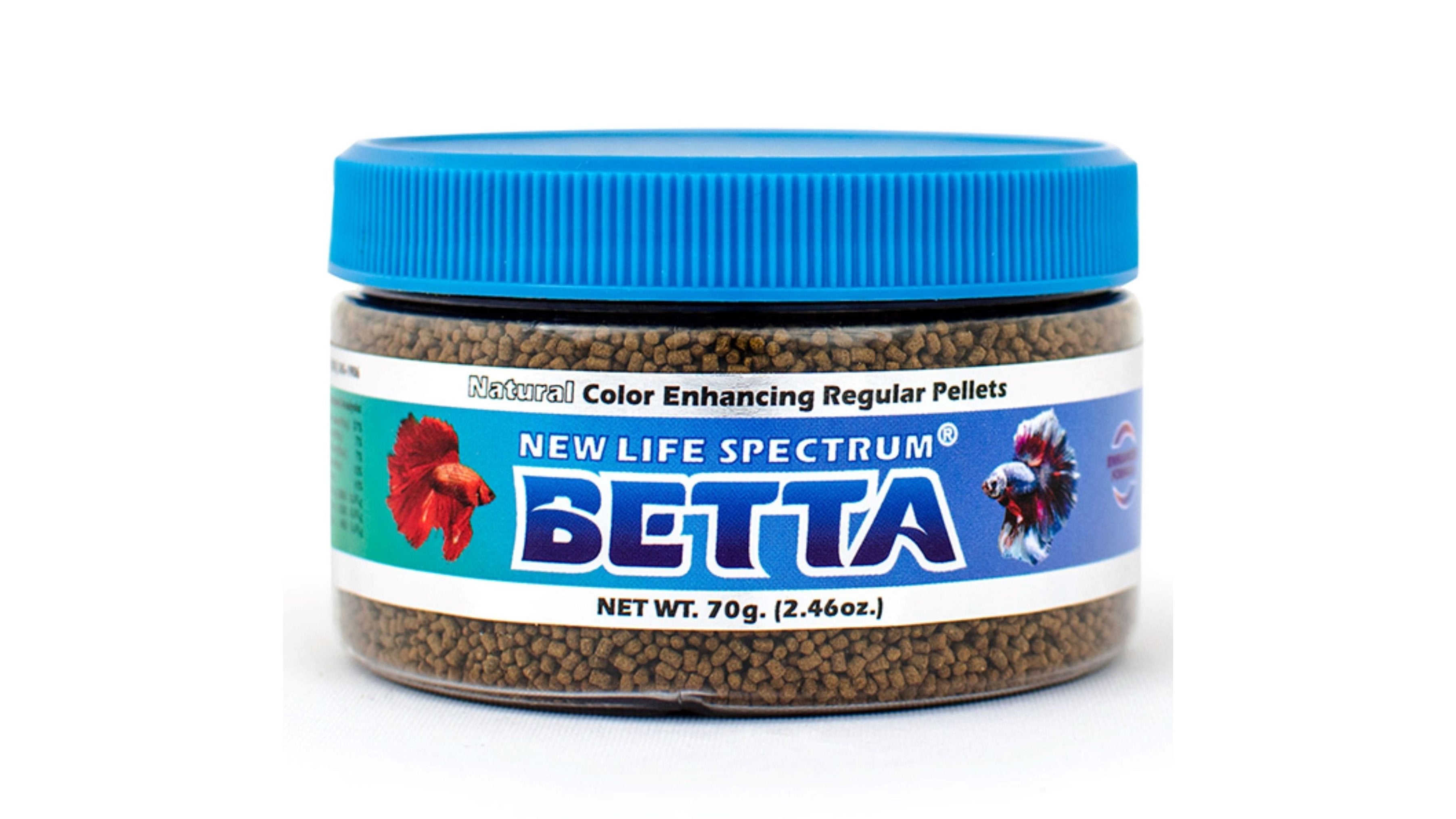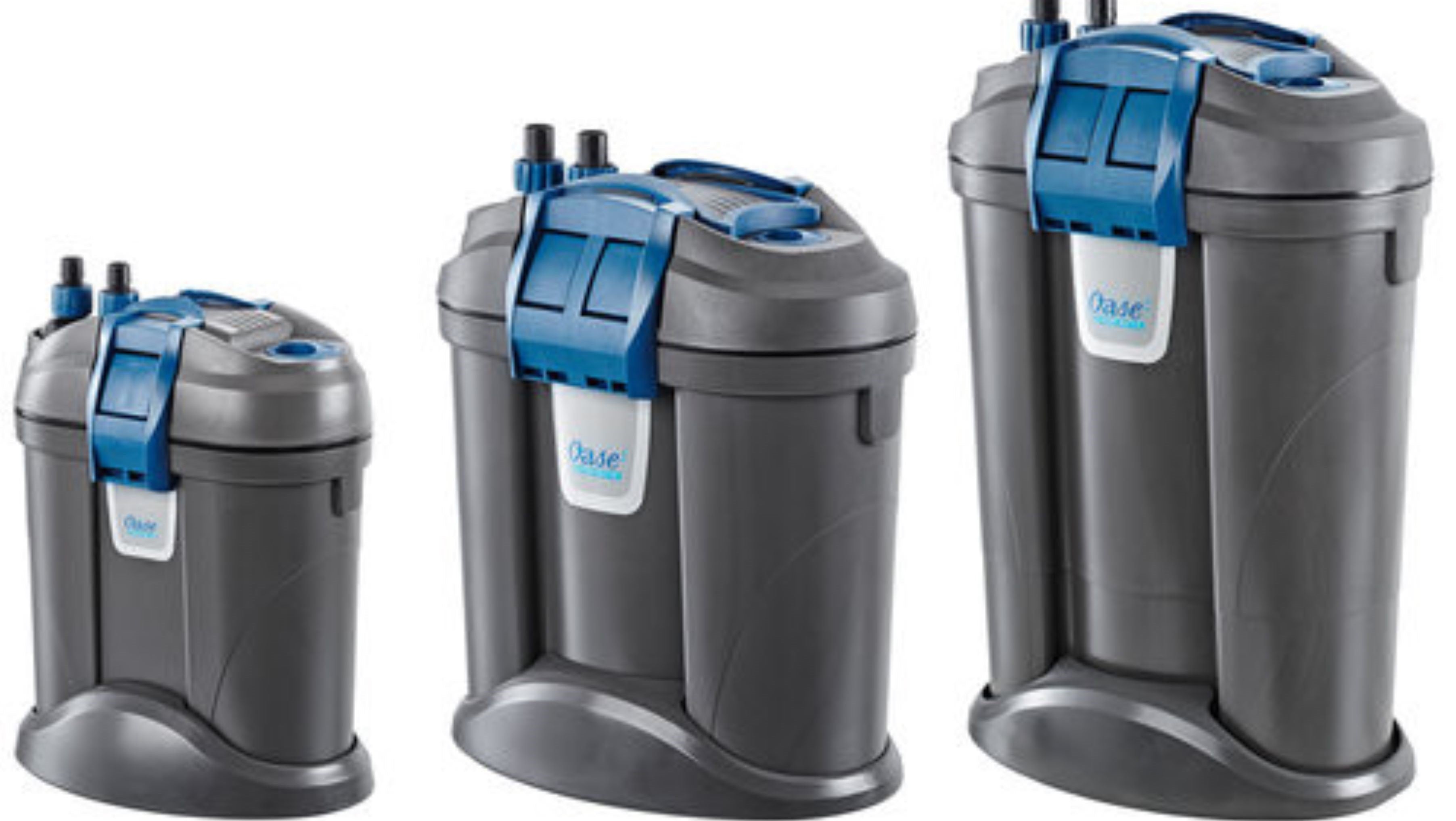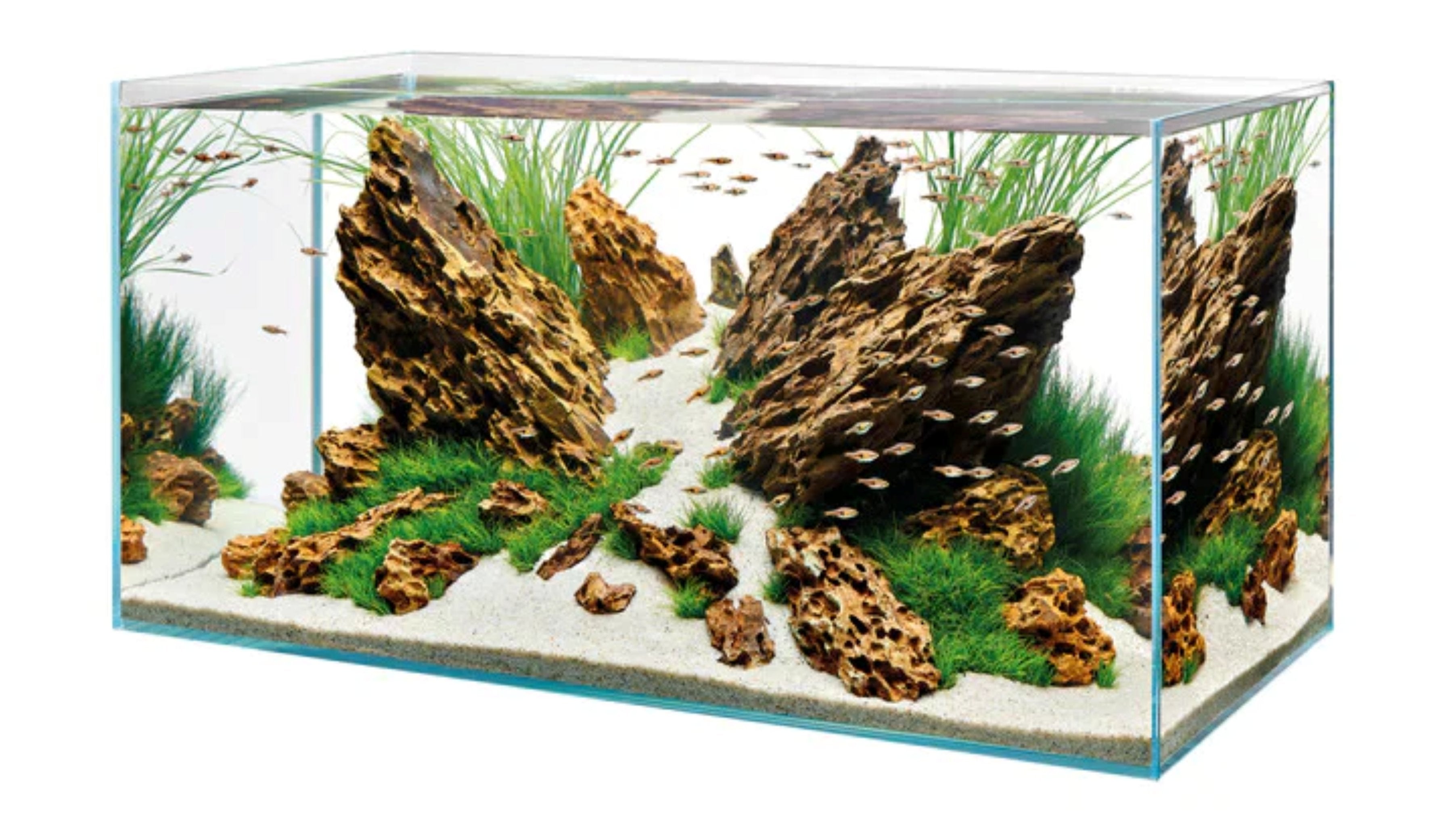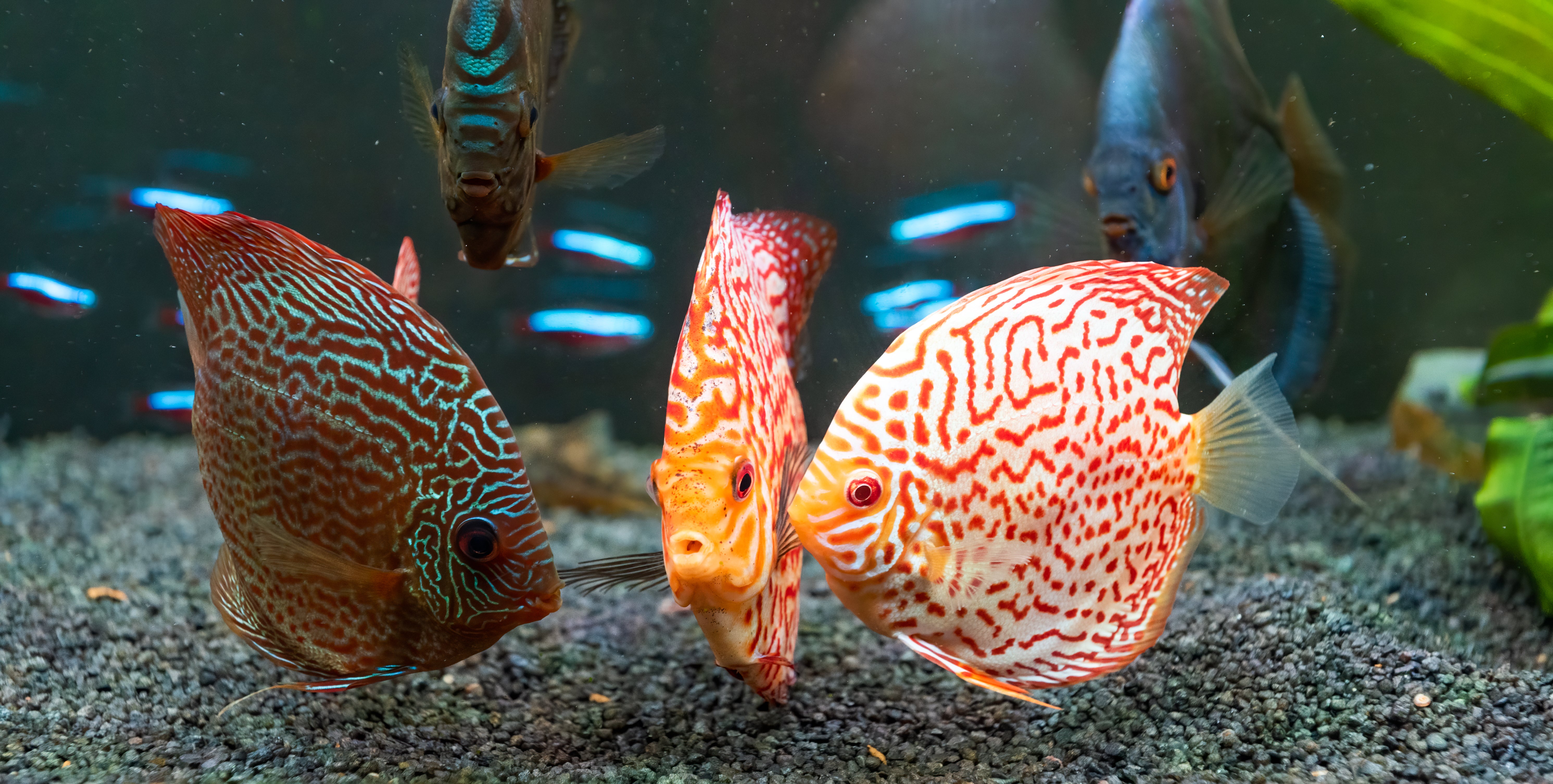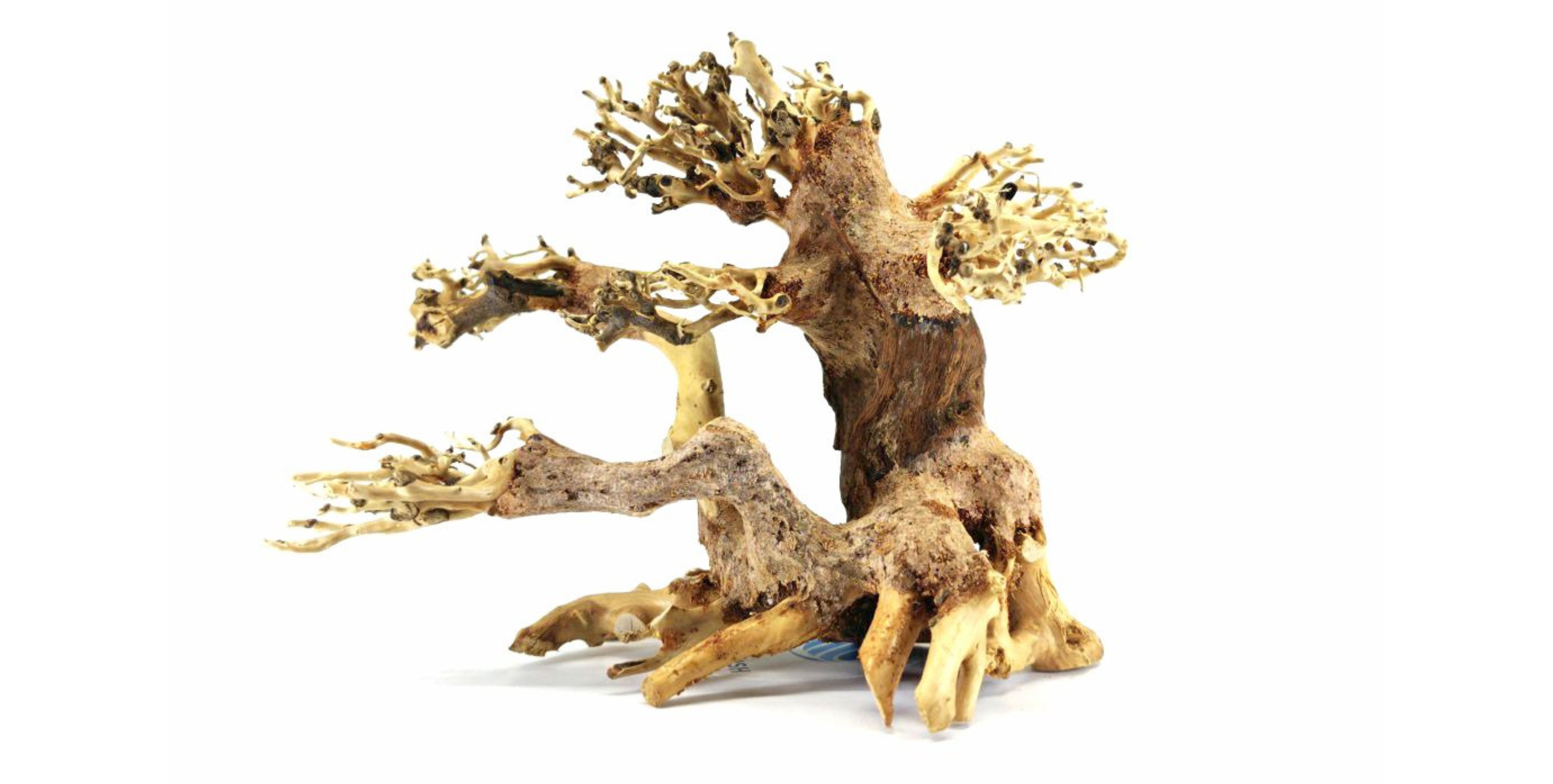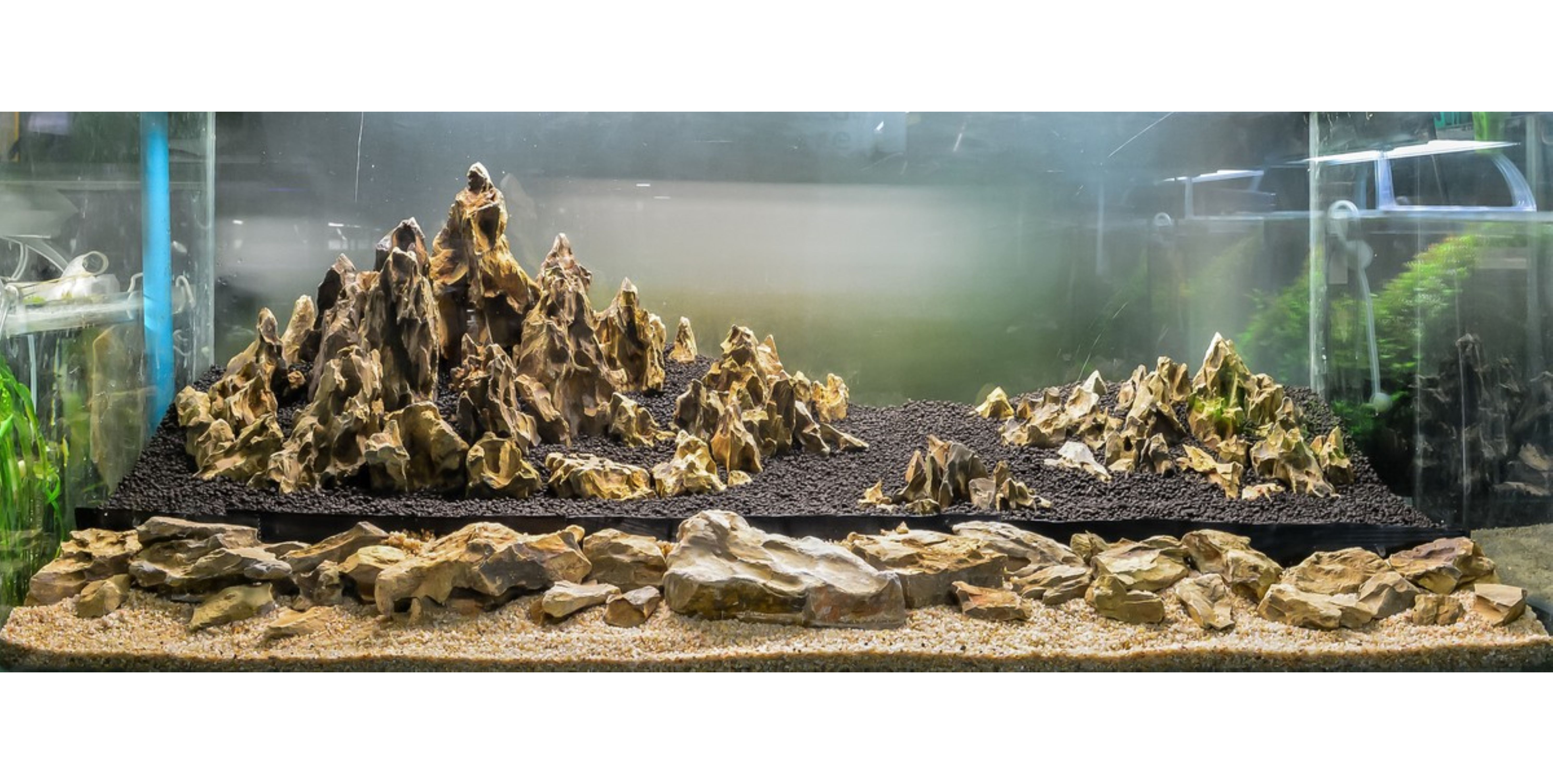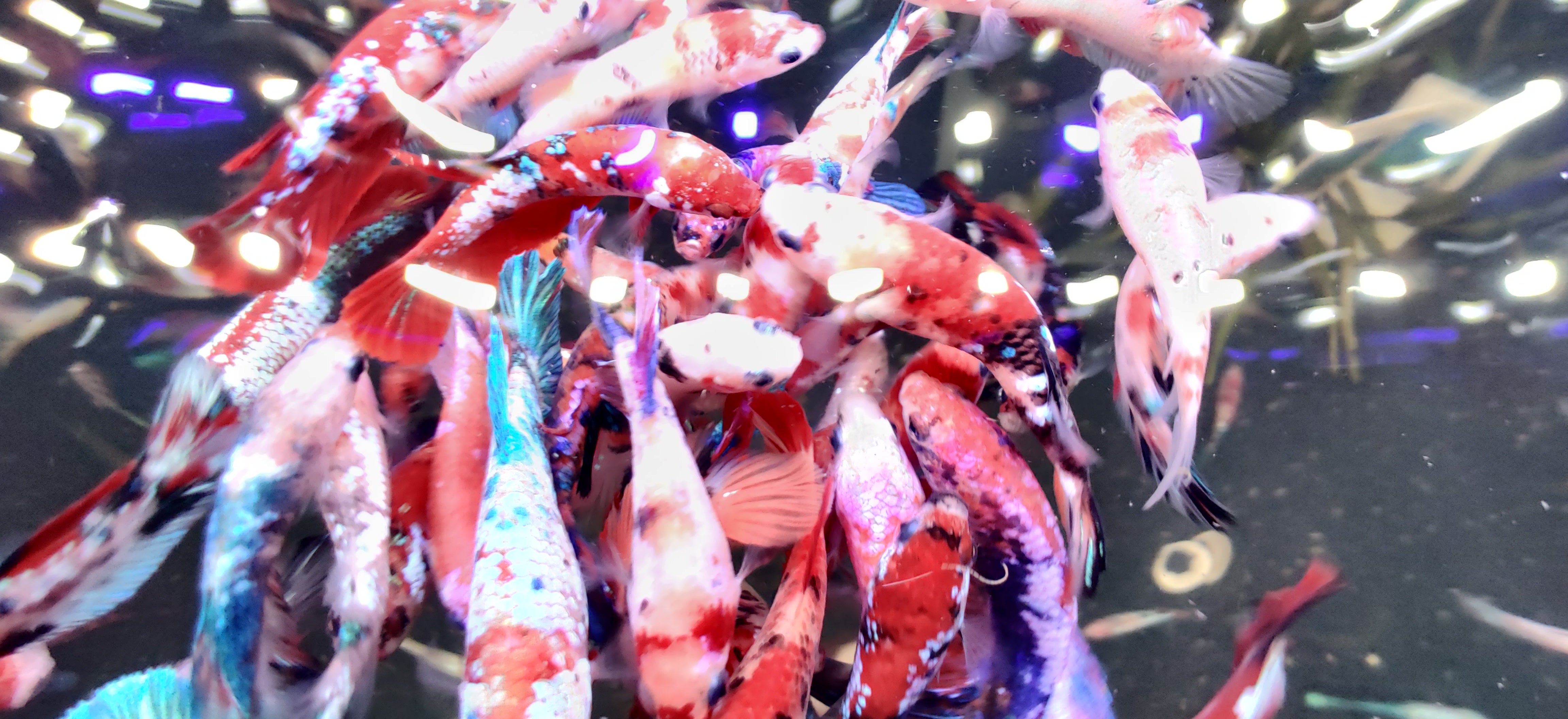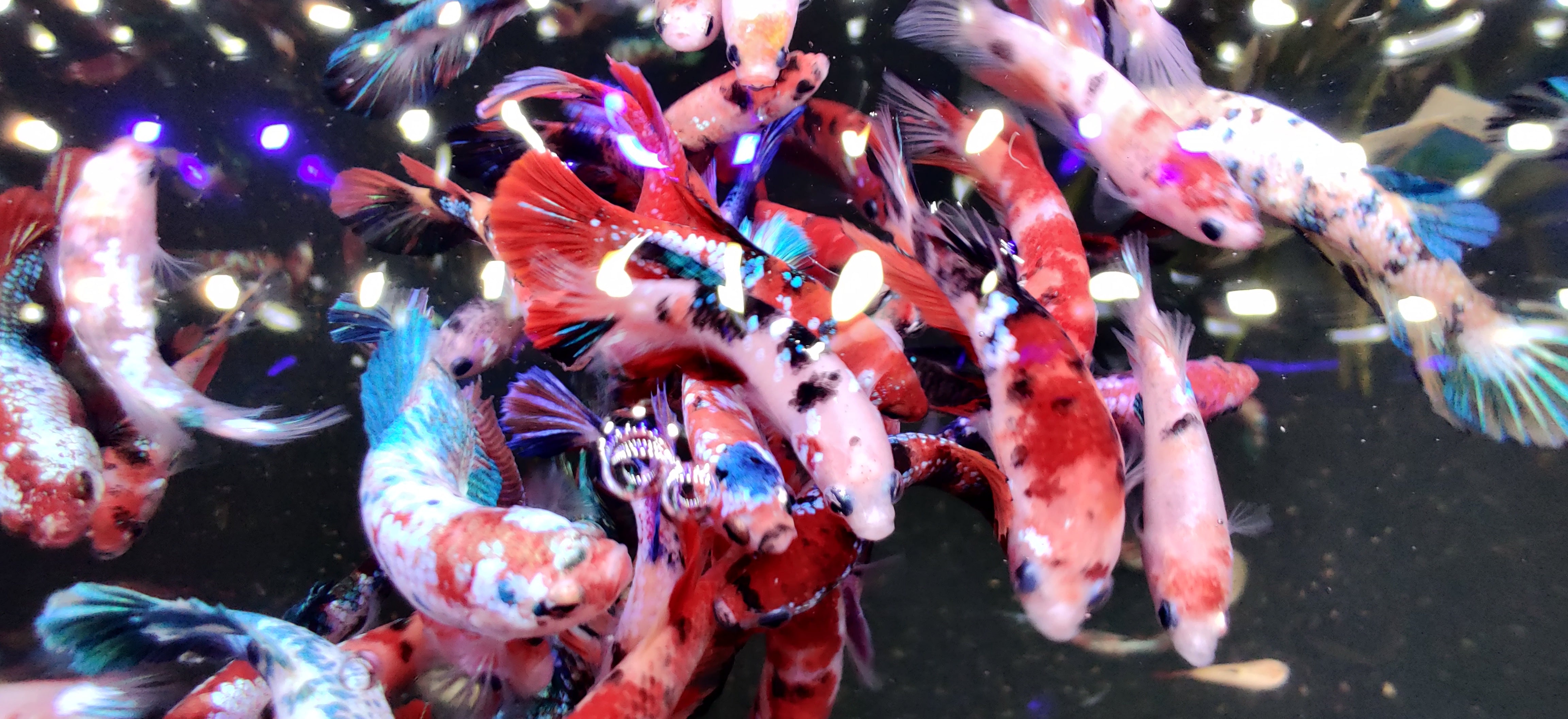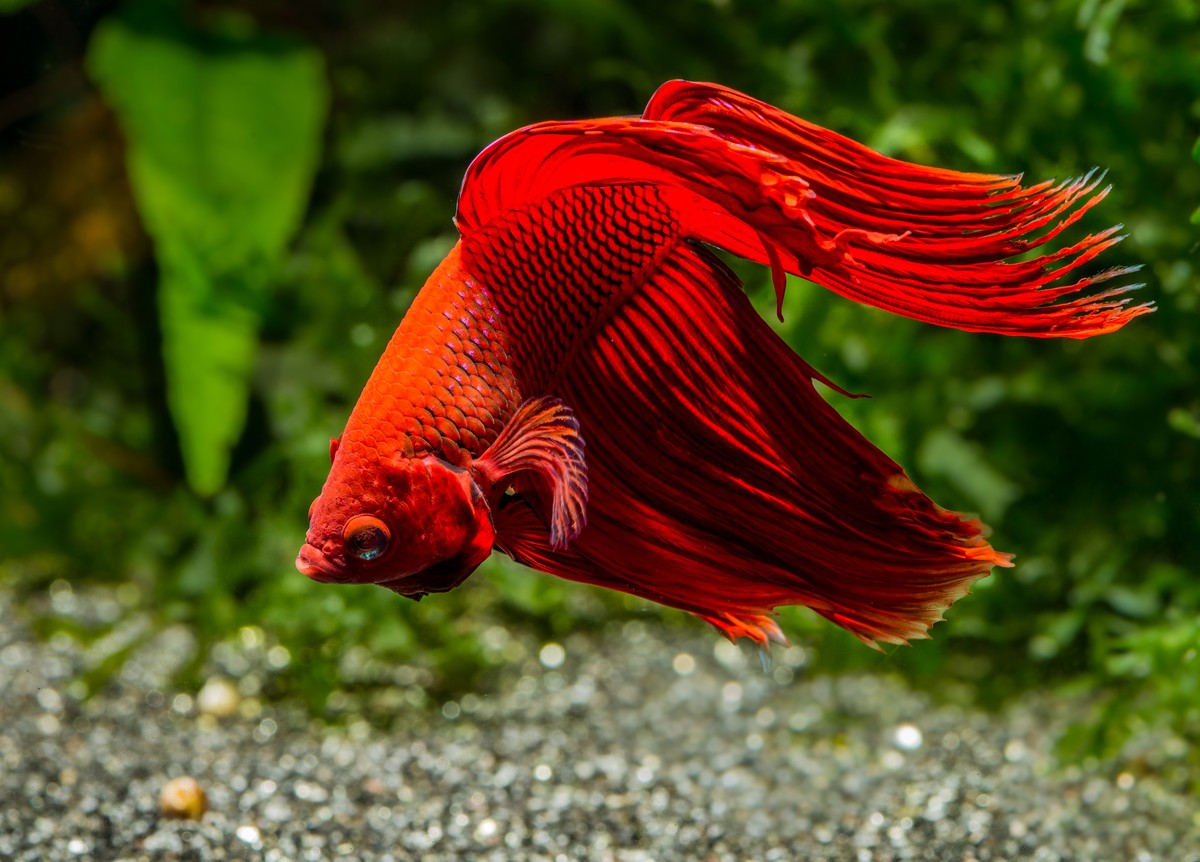
Betta Fish
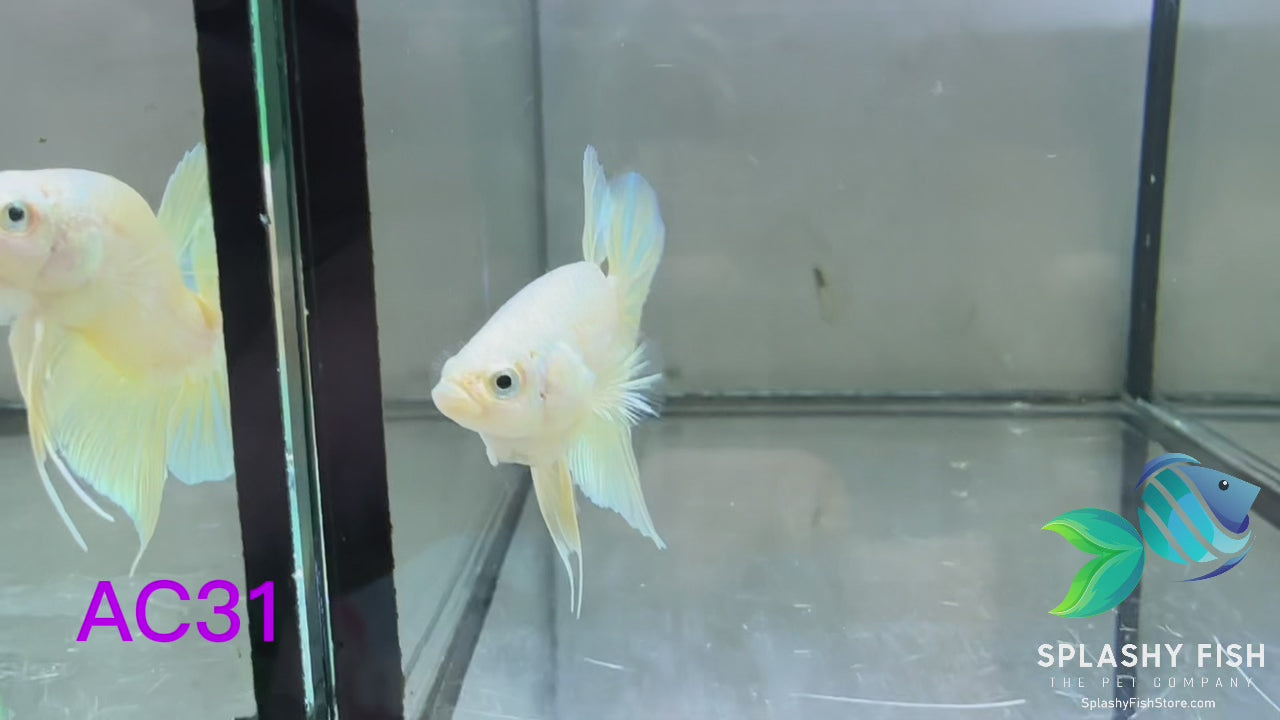
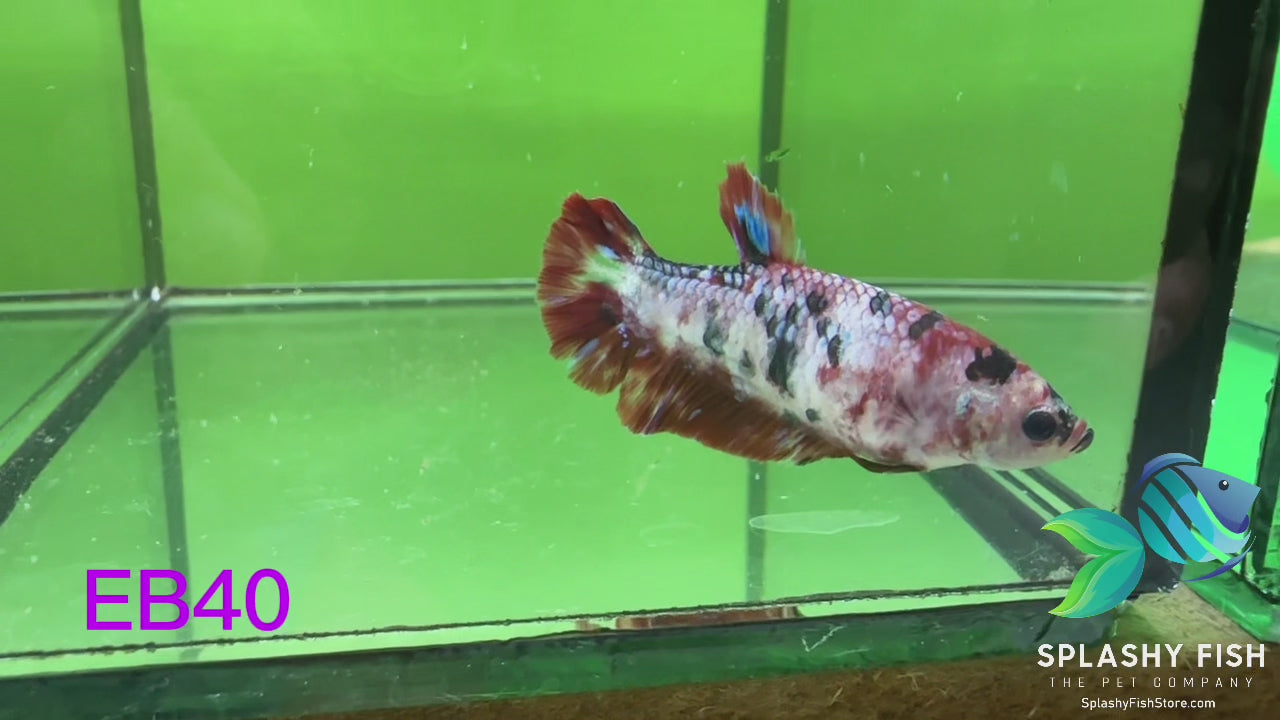
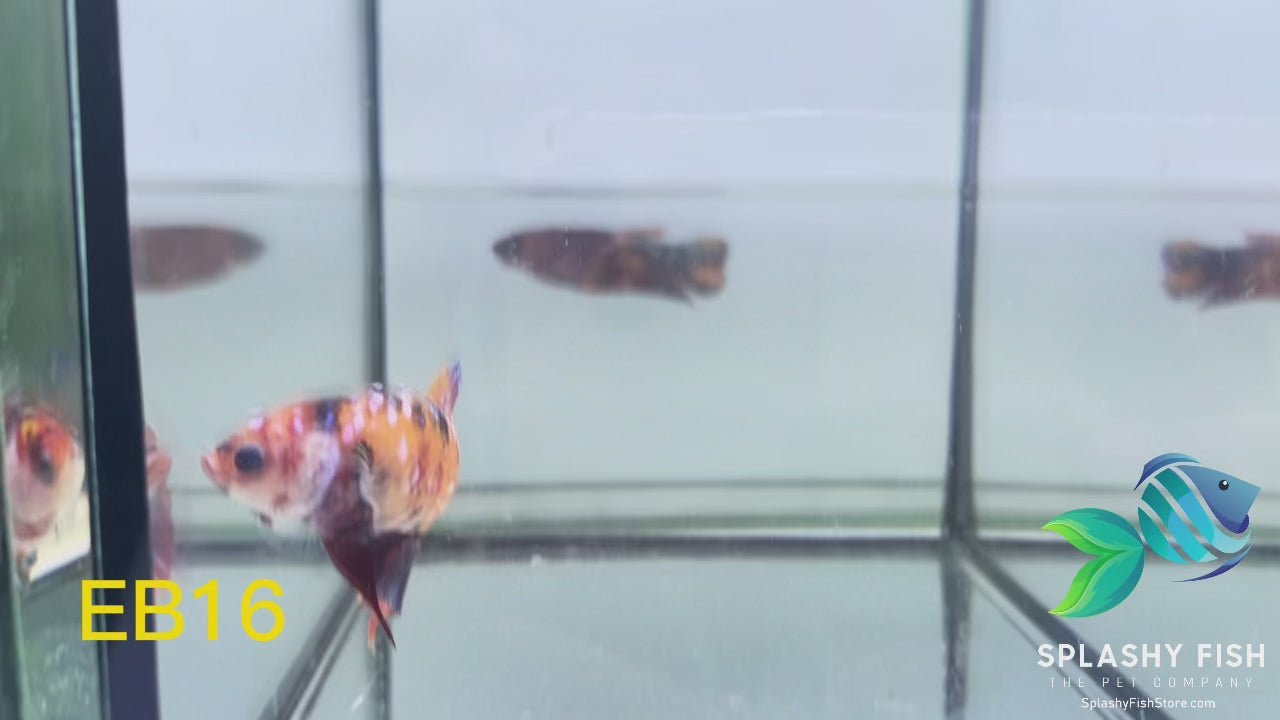
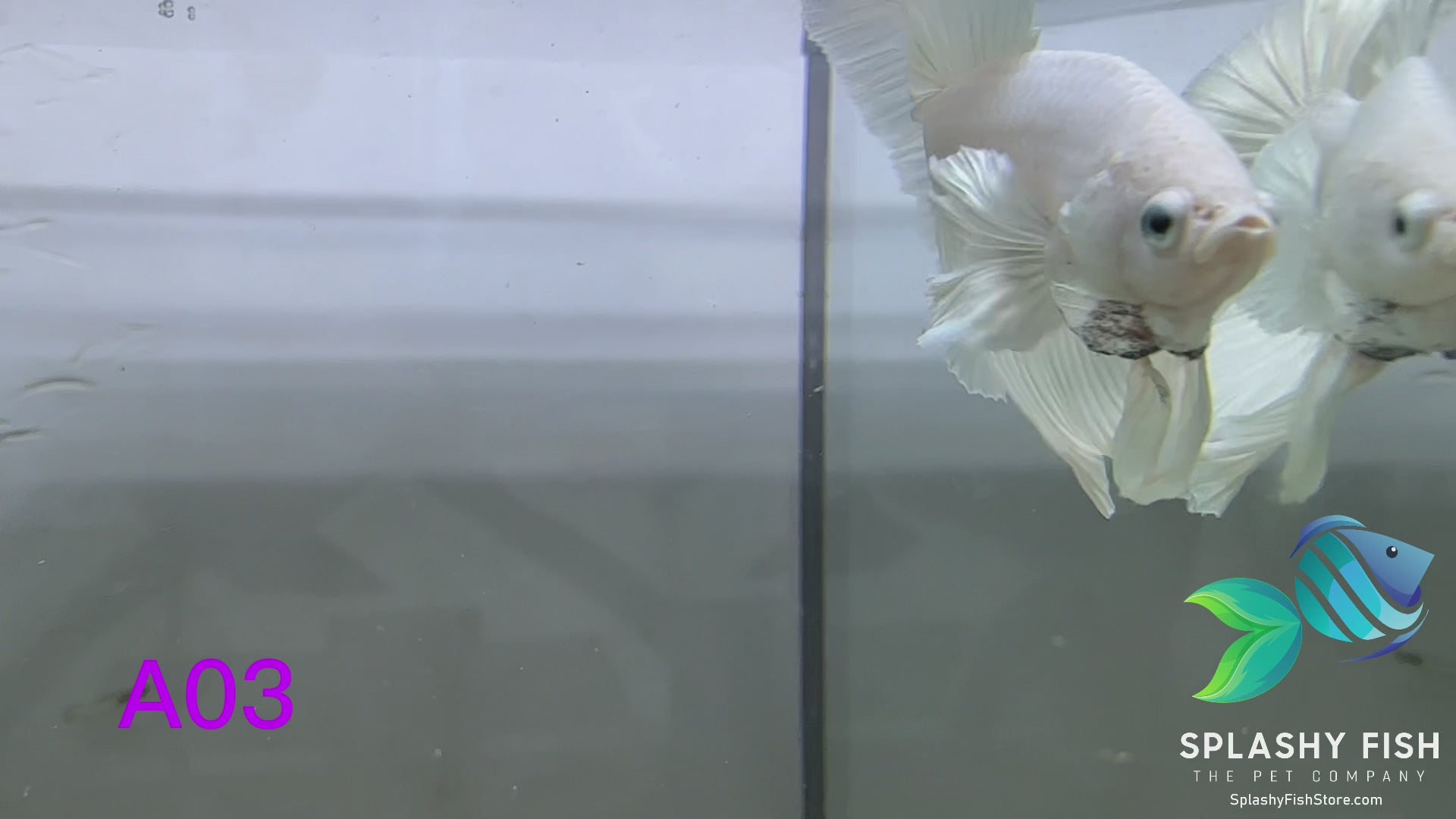
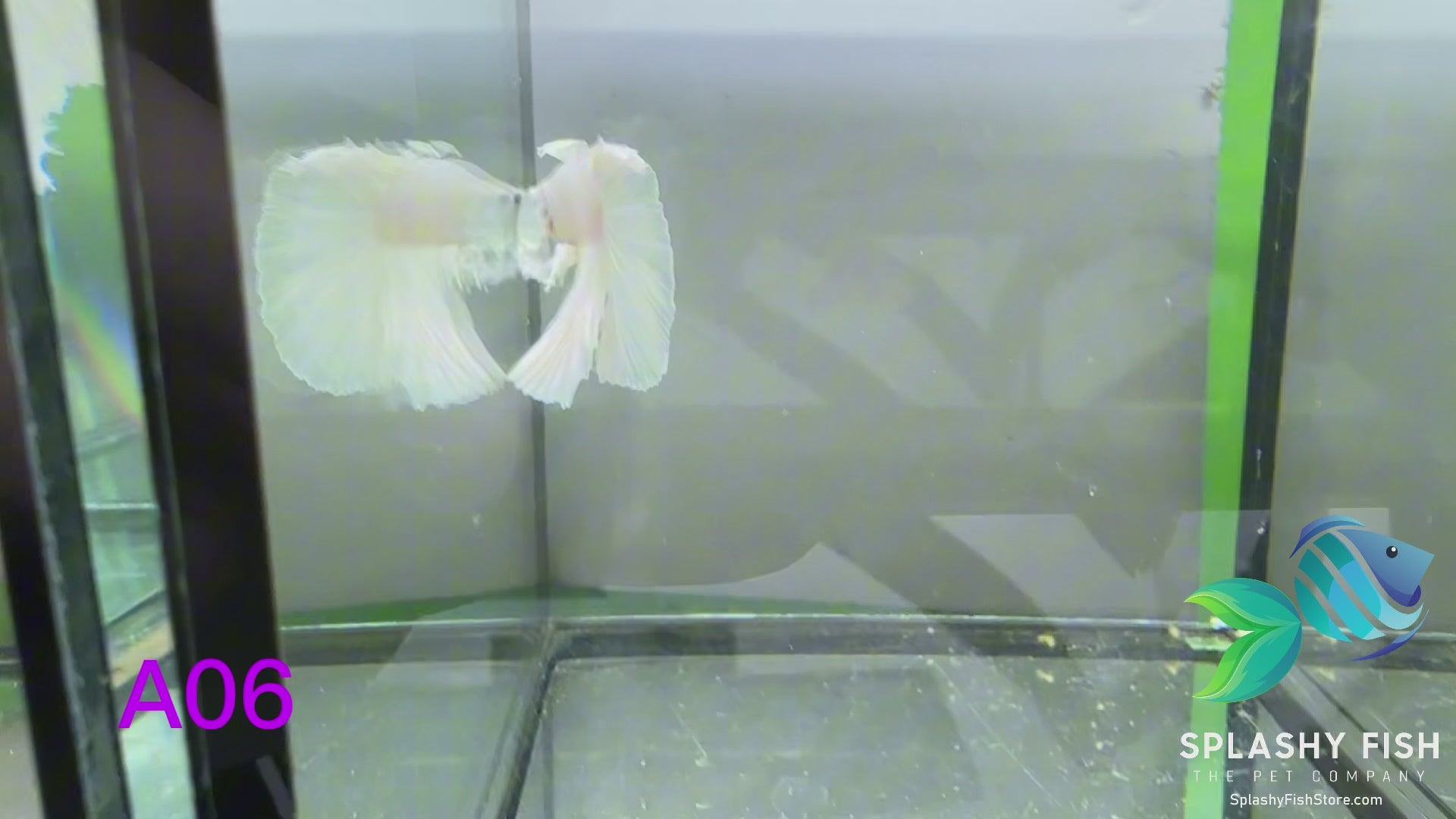
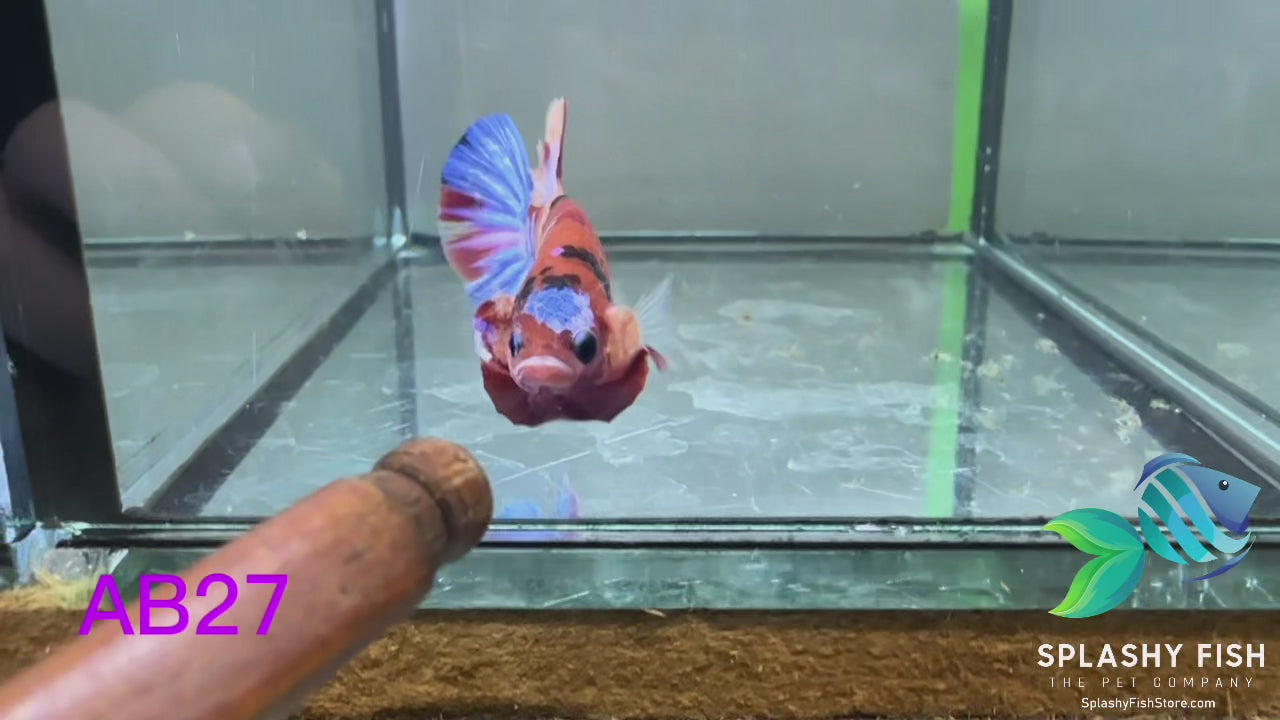
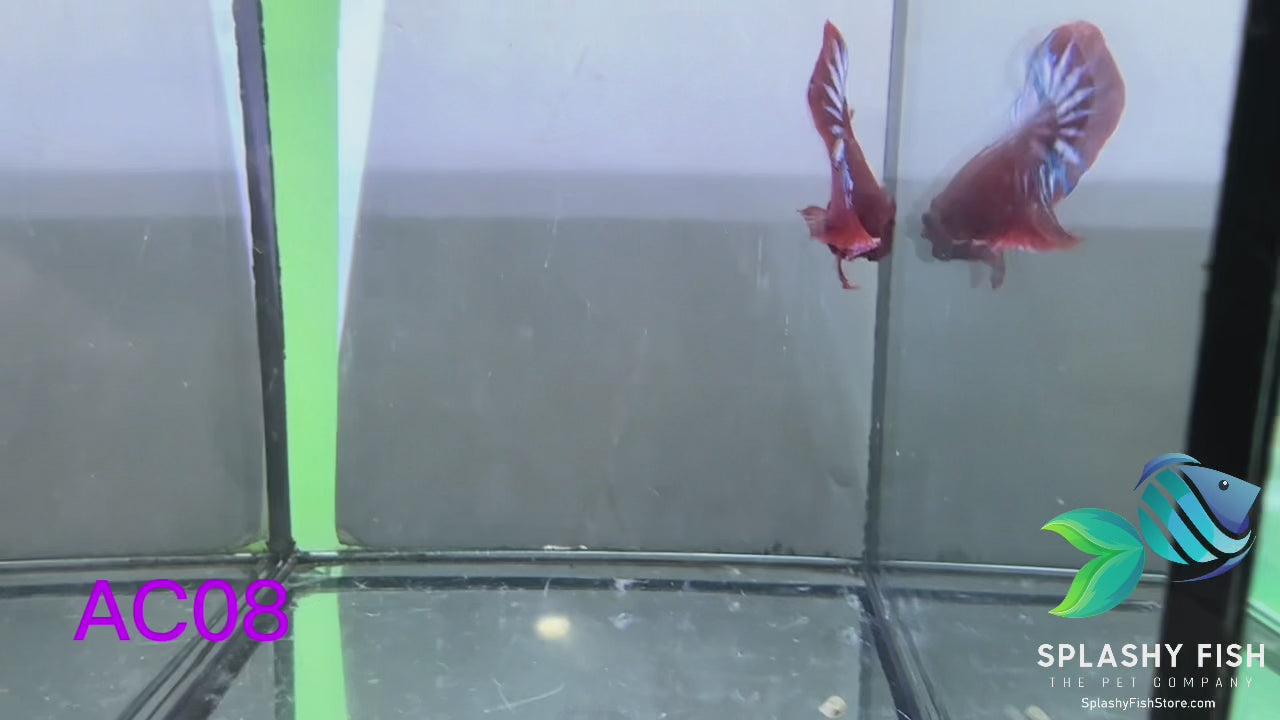
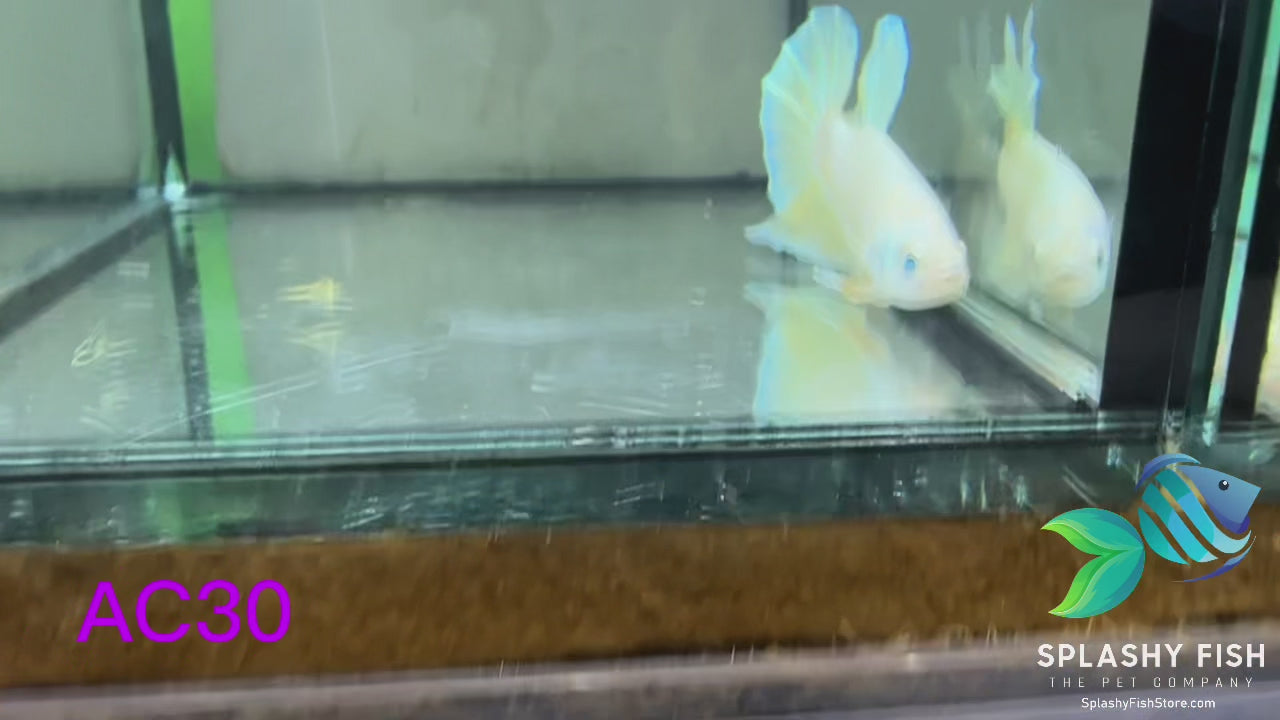
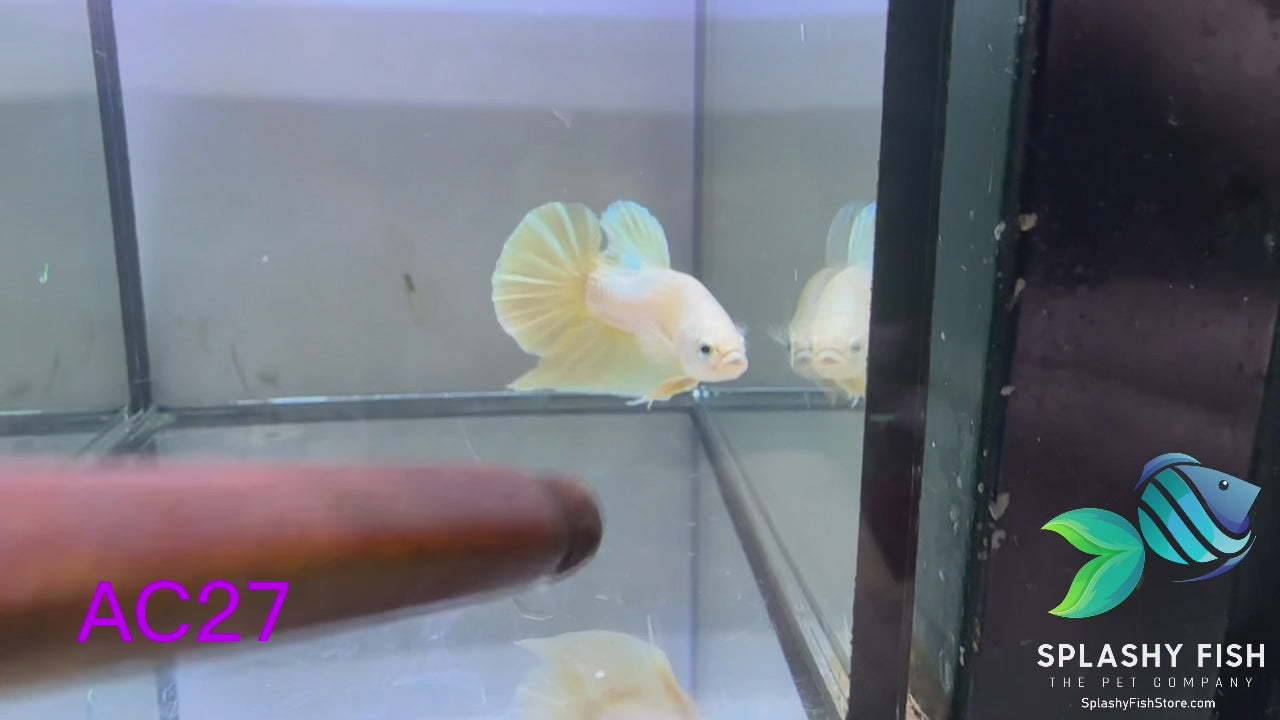
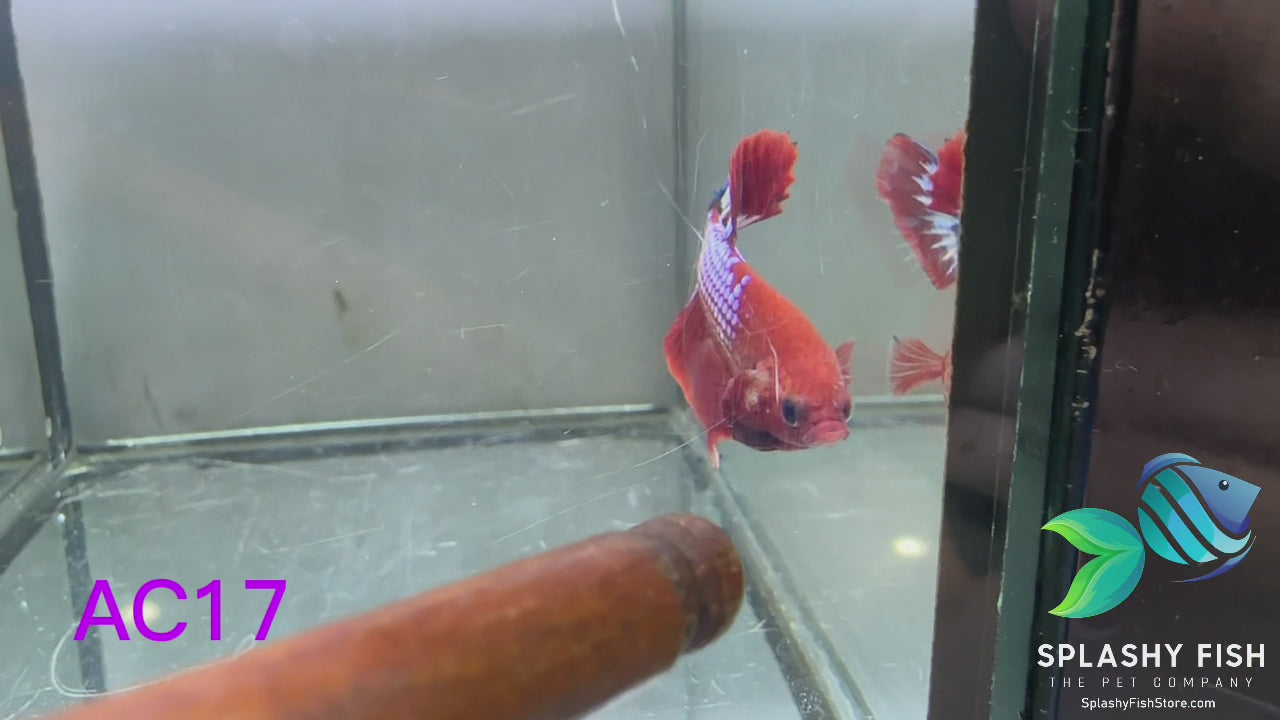
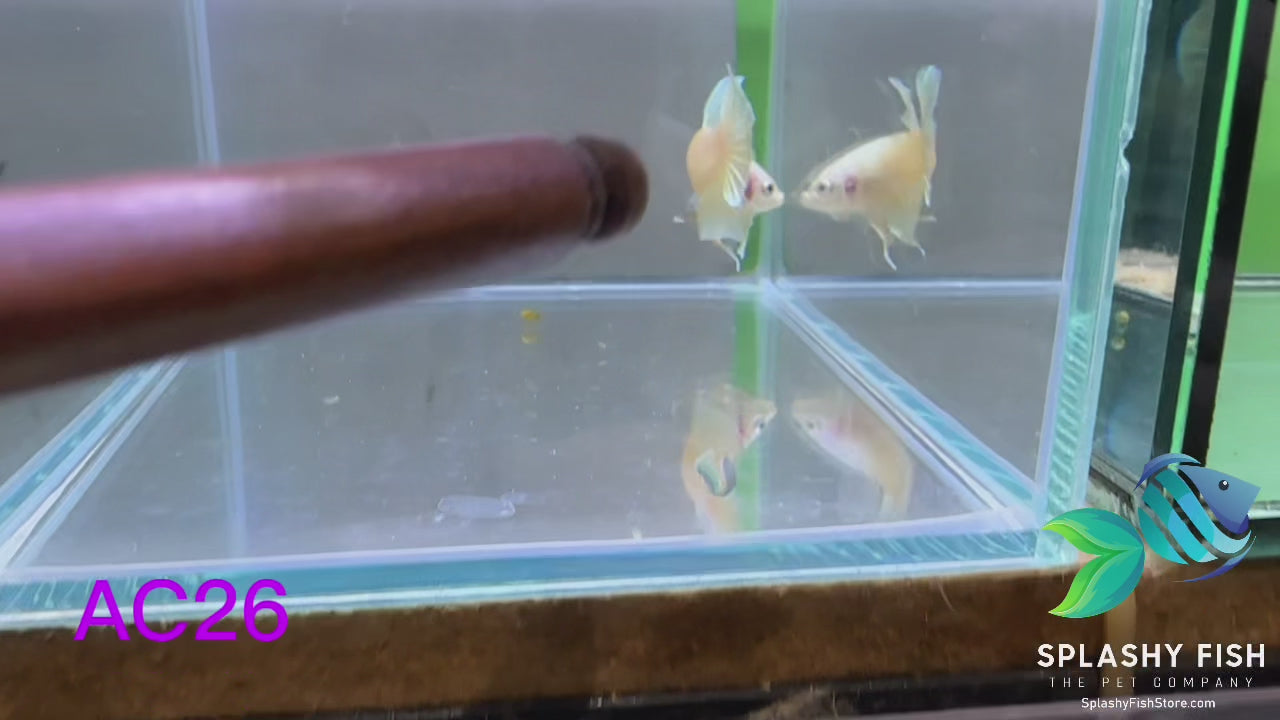
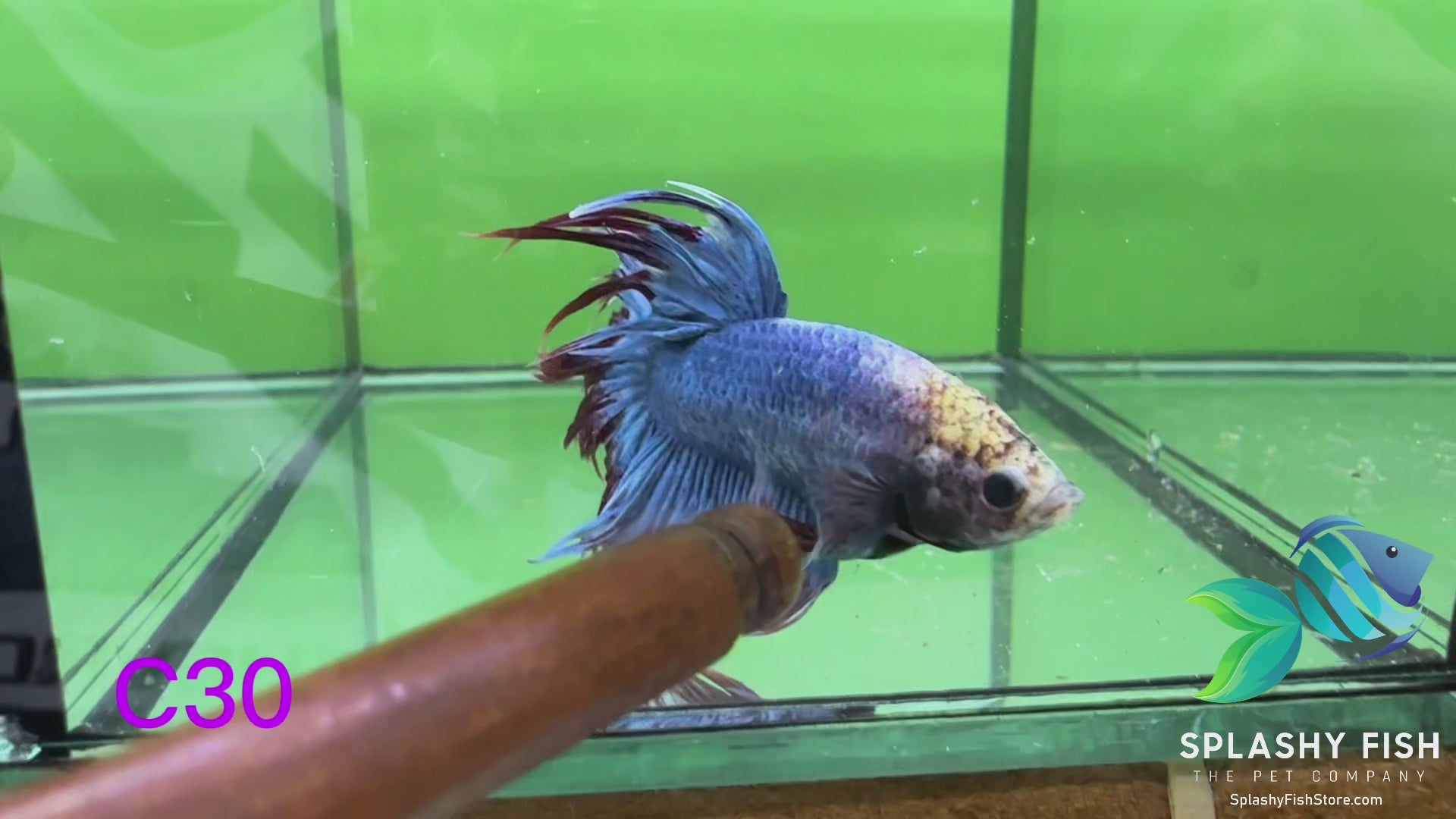
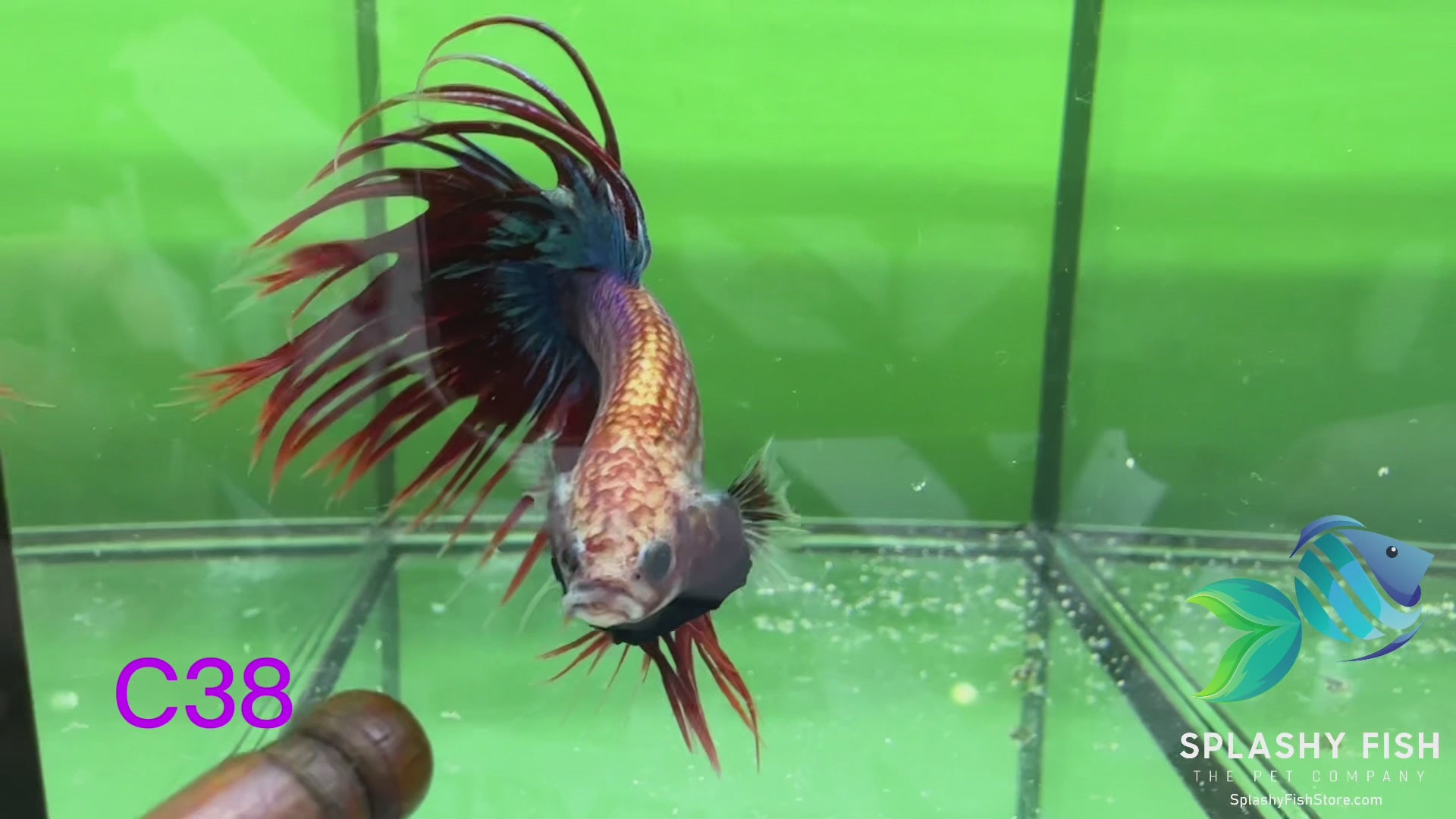
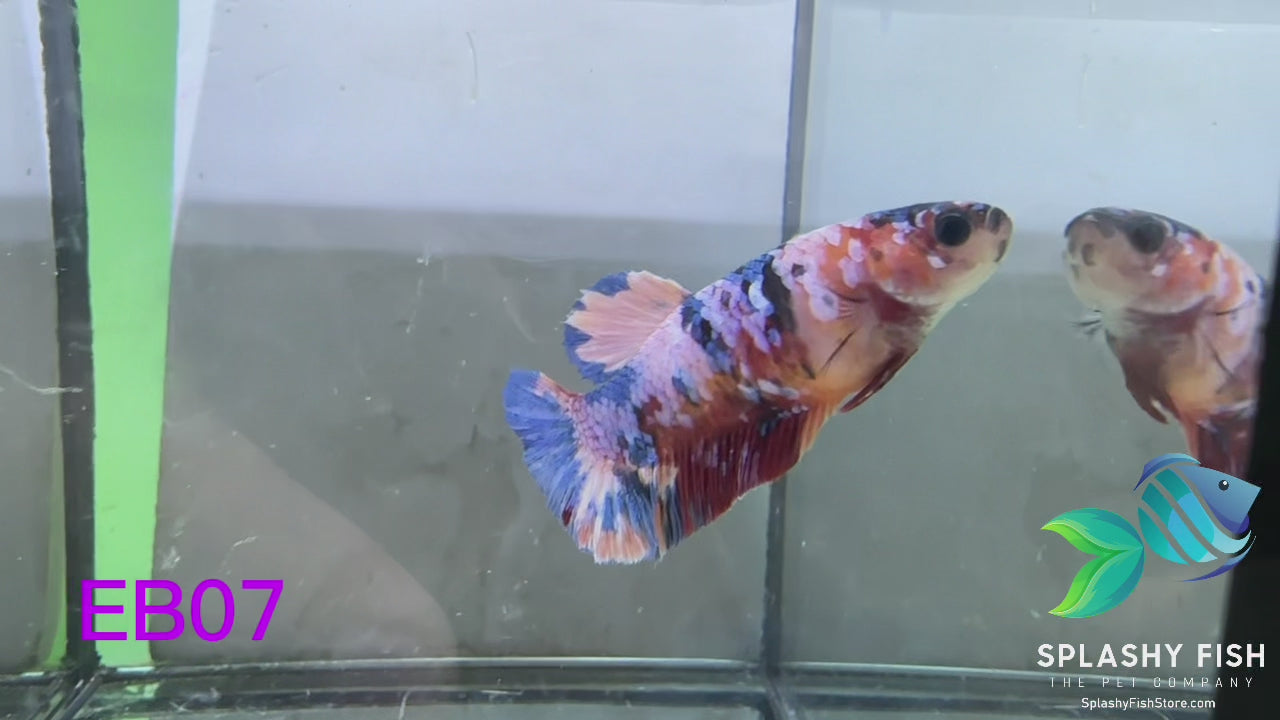
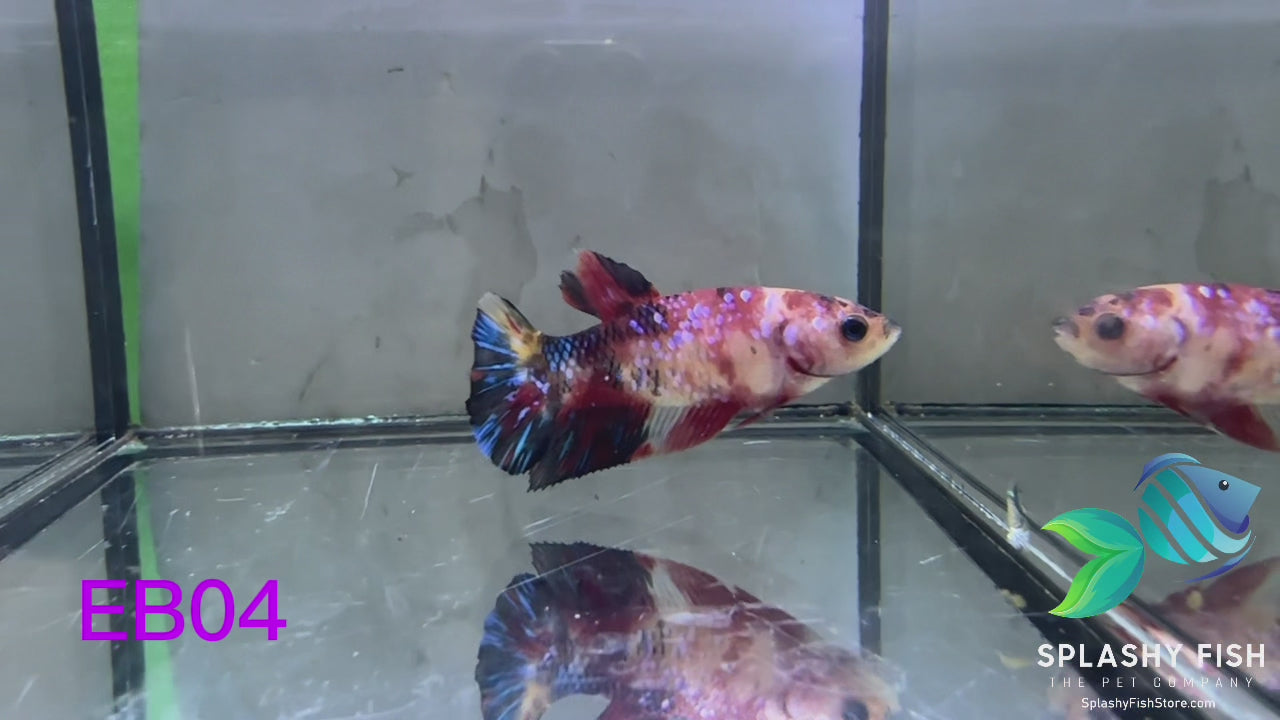
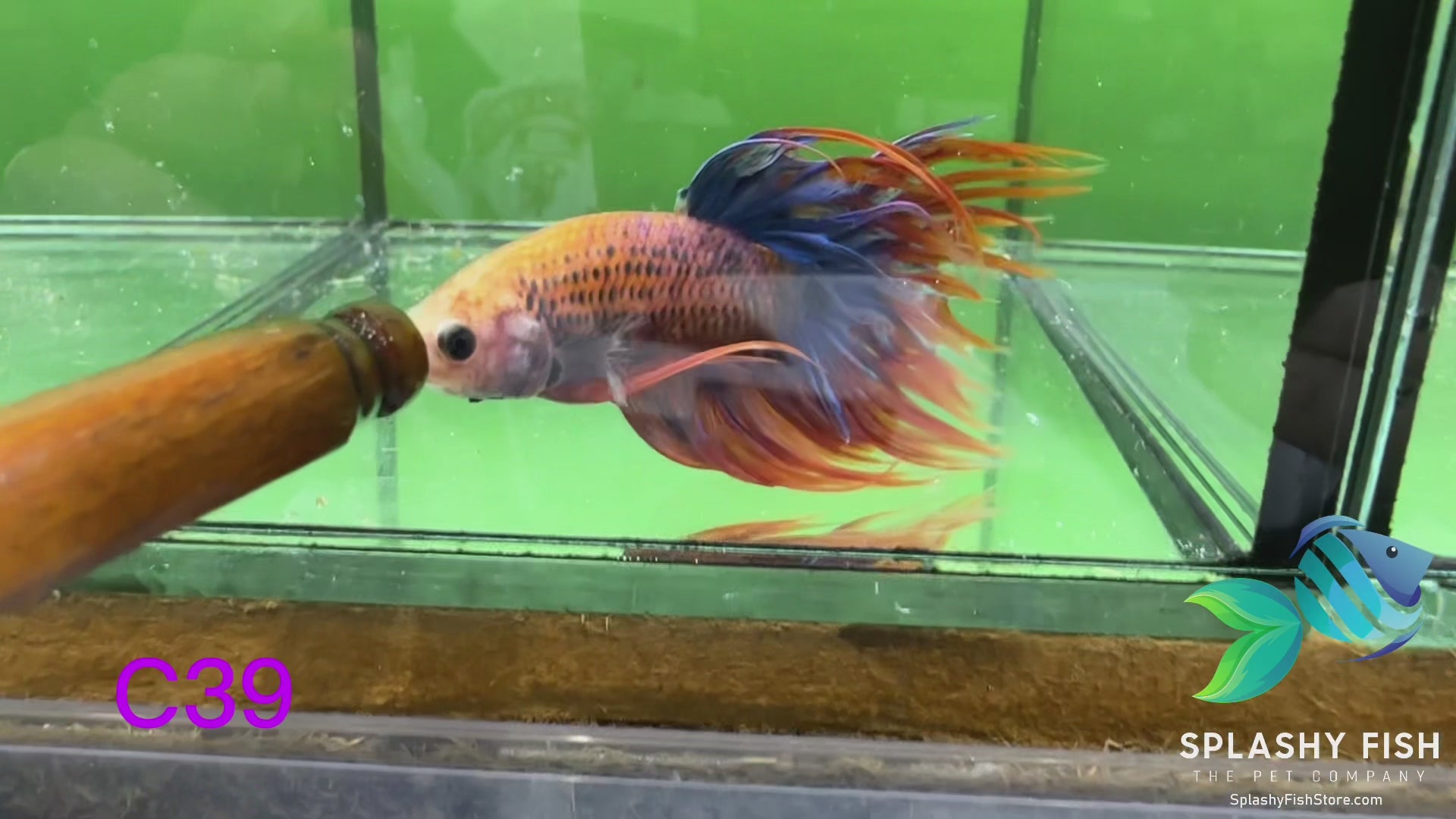
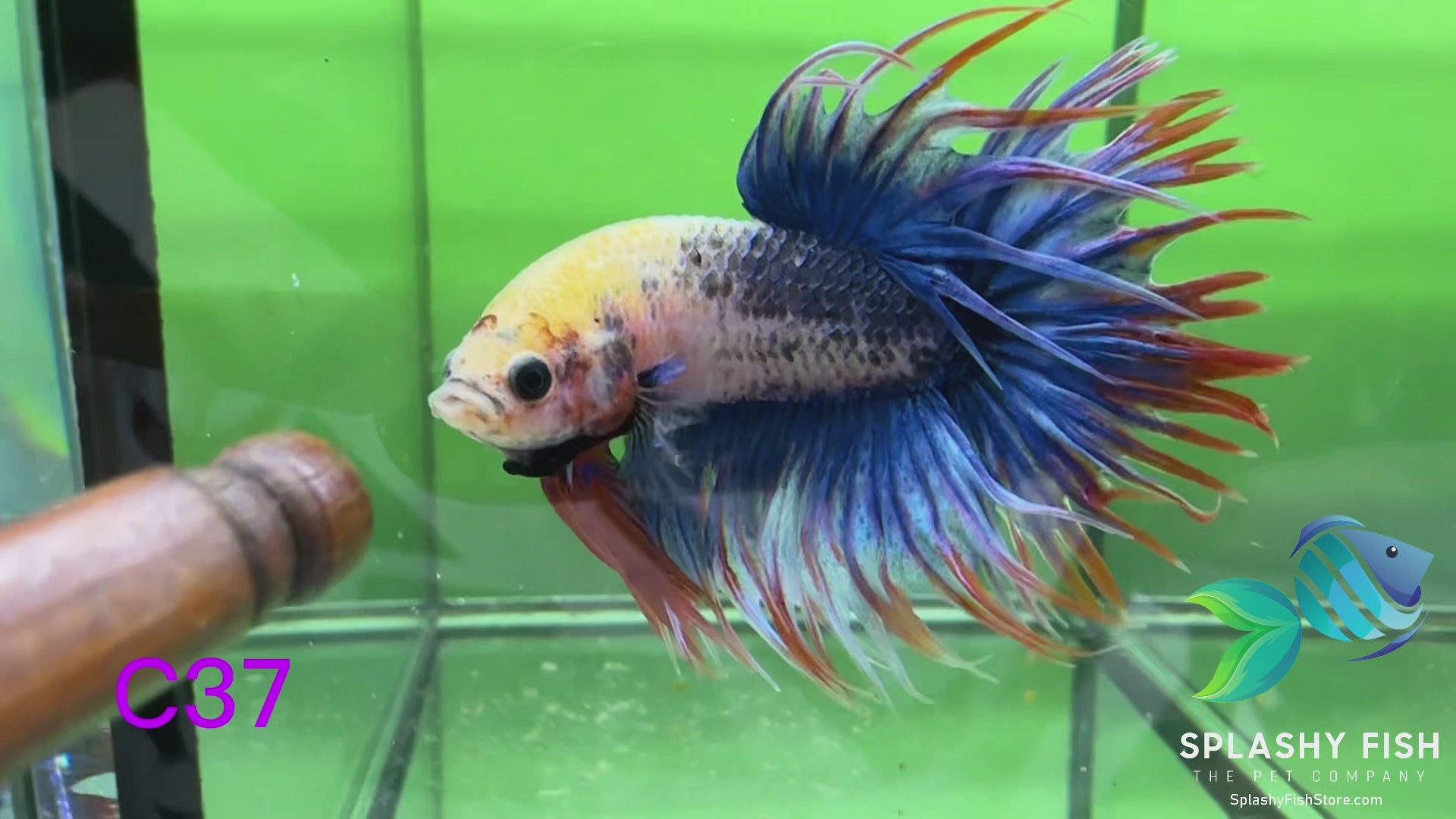
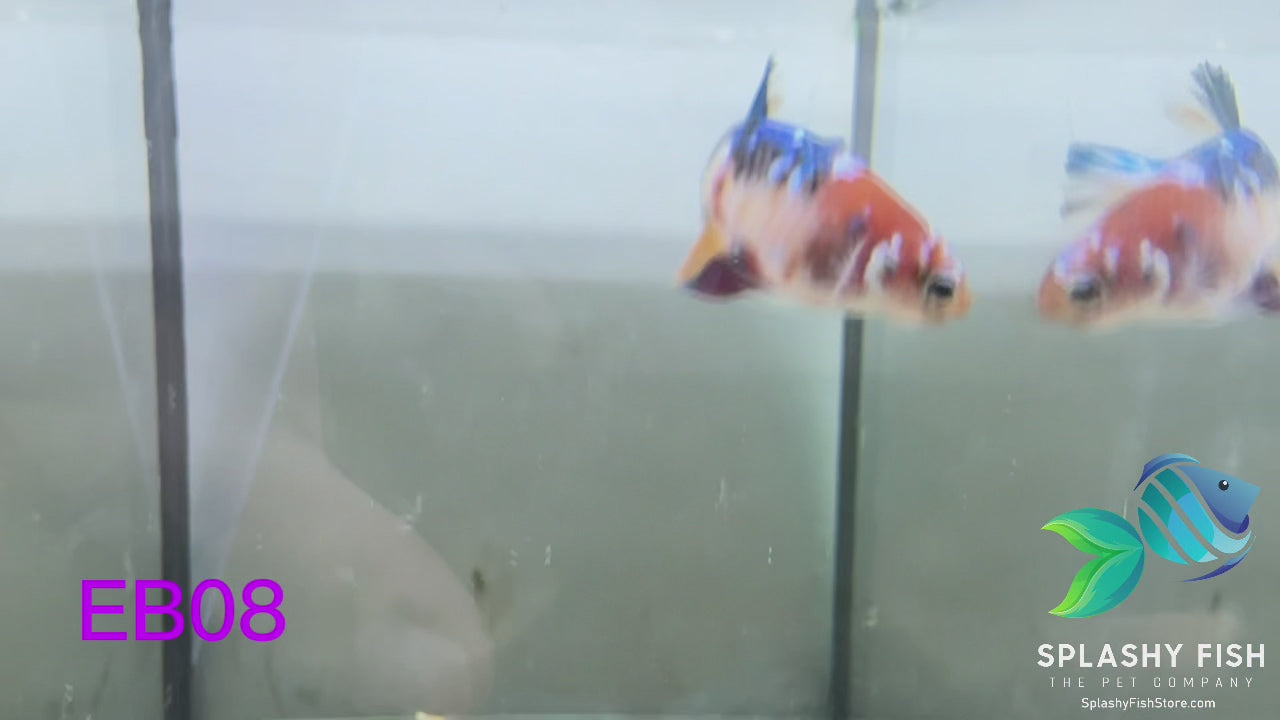
Looking to buy Betta fish online? At Splashy Fish, we offer a premium selection of healthy, vibrant Betta fish for sale, shipped safely across the United States. Whether you’re a new aquarist or a seasoned collector, our hand-selected Siamese fighting fish (also called Betta fighting fish) bring color, personality, and elegance to any freshwater aquarium.
We specialize in top-quality bettas for sale, with options ranging from classic Veiltail Bettas to exotic varieties like Koi Plakat, Halfmoon, Dumbo Ear, Galaxy, and Crowntail. Each Betta is ethically sourced, tank-raised, and individually photographed, so you always know exactly what you're getting.
Why Choose Betta Fish Online at Splashy Fish?
- Live Betta Fish for Sale Online: Fast, secure shipping with Live Arrival Guarantee
- Wide Variety of Betta Fish Types: Halfmoon, Plakat, Koi, Galaxy, Dumbo, and more
- Healthy & Tank-Raised: Carefully conditioned and acclimated for home aquariums
- USA-Based Fish Store: Local service, expert care, and real-time support
- Shipped Direct to Your Door: High survival rate and secure packaging nationwide
Whether you're starting a Betta fish tank or upgrading your aquascape, our collection offers stunning males and females that are ready to thrive in your setup. We also carry Betta tank accessories, plants, and compatible tank mates for a complete aquatic experience. Visit our website to shop them online or in person at the aquarium store in Virginia for other freshwater fish for sale, aquarium plants for sale, and aquarium supplies.
Betta Fish Tank Requirements & Care Tips
Setting up the right environment is key to keeping your Betta fish healthy and vibrant:
- Tank Size: Minimum 3–5 gallons; larger is better for activity and water stability
- Water Temperature: 76–82°F (24–28°C) using an adjustable heater
- Filtration: Gentle sponge or low-flow filter to avoid stressing delicate fins
- Water Parameters: pH 6.5–7.5, ammonia/nitrite = 0, nitrates < 20 ppm
- Substrate & Decor: Soft sand or gravel, silk or live plants, and smooth decorations
- Lighting: Moderate lighting with a regular day/night cycle
- Lid: Always use a secure lid because bettas are known jumpers!
Feeding your betta fish a high-protein diet of pellets, frozen bloodworms, or brine shrimp 1–2 times daily will enhance their color and lifespan. Visit here for more detailed information about How to Care for Betta Fish
Betta Fish Tank Mates
While many betta fighting fish do best solo, they can be kept in a community with the right companions:
Safe tank mates for betta fish include:
- Nerite Snails: Great for algae control and completely peaceful
- Pygmy Corydoras: Small, bottom-dwelling fish that don’t compete for space
- Amano Shrimp: If the Betta is non-aggressive, shrimp can help clean the tank
- Kuhli Loaches: Gentle and active bottom dwellers
- Harlequin Rasboras: Calm mid-swimmers that don’t trigger aggression
Visit our article on Top 5 Freshwater Fish for Betta Fish Tank.
Avoid:
- Fin-nipping species (e.g., barbs, tetras)
- Colorful or long-finned fish (may be mistaken as rivals)
- Other male Bettas (never house two males together)
Creating a peaceful betta fish aquarium with soft plants, proper filtration, and compatible tank mates will ensure your betta thrives in both beauty and behavior.
Betta Fish Frequently Asked Questions FAQs
How long do betta fish live?
On average, betta fish typically live between 2 to 5 years in captivity. However, with proper care, some bettas can live even longer, up to 7 years or more. Factors such as genetics, diet, environment, and healthcare play crucial roles in determining the lifespan of a betta fish. Providing a clean and adequately sized tank, maintaining water quality, and feeding a nutritious diet can significantly contribute to their longevity.
How often do you feed a betta fish for optimal health?
For optimal health, it's generally recommended to feed a betta fish small amounts of food once or twice a day. Overfeeding can lead to health issues such as obesity and constipation, while underfeeding can result in malnutrition. A good practice is to feed your betta fish what they can consume in about 2-3 minutes, making sure not to leave uneaten food in the tank. It's essential to provide a varied diet, including high-quality betta pellets or frozen bloodworms
Can betta fish live with other fish?
Yes, they can. Betta can be kept with peaceful, slow-moving fish such as certain species of tetras, rasboras, Corydoras catfish, or snails are often considered suitable tank mates for bettas.
Discover the Grades:
-
Collector Grade Betta Fish: These fish embody the epitome of our collection, showcasing impeccable finnage, vivid coloration, and flawless form. Through a meticulous selection process, we handpick approximately 1 out of every 5,000 betta fish to attain this exceptional grade that meet Splashy Fish's exacting standards. This is the most expensive betta fish grade that we have that is consider rare bettas for sale.
-
Deluxe Grade Betta Fish: Exemplary specimens with distinctive characteristics, ideally suited for individuals seeking an extraordinary addition to their aquarium. At Splashy Fish aquarium store, we meticulously hand-select each betta fish, adhering to stringent criteria to guarantee the fish's body, colors, shape, and fins are aesthetically pleasing and in optimal health. Typically, from a batch of 300 baby betta fish, only approximately 1 to 5 meet Splashy Fish's exacting standards.
-
Premium Grade Betta Fish: Healthy and active Bettas with beautiful colors and unique patterns, perfect for any hobbyist. Typically, a cohort of 300 juvenile Betta fish will yield approximately 12 to 10 specimen that adhere to Splashy Fish's stringent criteria for Premium Grade.
- B Grade Betta Fish: Behold the extraordinary beauty of this magnificent Betta fish! As one of the top 20% of Betta fish, its vibrant colors and elegant fins will captivate your senses. Unlike the ordinary Betta fish found at this price in betta Petco, this exceptional specimen is a rare and highly sought-after prize. Elevate your freshwater aquarium with this extraordinary Betta fish, and experience the joy of owning a truly unique and mesmerizing aquatic masterpiece.
Explore the Varieties:
-
Koi Galaxy: These mesmerizing betta koi fish boast captivating Galaxy patterns reminiscent of a starry night sky.
-
Koi Nemo Galaxy: A stunning combination of betta Koi patterns and vibrant Galaxy coloration, creating an eye-catching spectacle.
-
Dumbo Betta: The signature oversized pectoral fins give these Bettas their endearing Dumbo-like appearance.
-
Giant Betta Fish: also known as the King Betta Fish, is a large and captivating species of betta fish known for its magnificent size and striking appearance. They are one of biggest giant betta for sale which can grow up to 3 inch in size
-
Halfmoon Betta Fish: Elegant Bettas with caudal fins that extend 180 degrees, creating a graceful half-moon shape.
-
Halfmoon Plakat Betta Fish: A captivating combination of the Halfmoon tail type with the shorter fins of a Plakat Betta.
-
Crowntail Betta Fish: These Bettas boast unique, spiky fin rays that resemble a crown, adding a touch of regality.
-
WYSIWYG Betta Fish: What You See Is What You Get – At splashy fish, we've taken the time to record individual videos of our beautiful bettas. This way, you can choose the exact fish you want, just like if you were buying it in a store. No more surprises when you get your new betta home!
Explore Betta Sex:
- Male betta fish: also known as Siamese fighting fish, captivate hobbyists with their vibrant colors, flowing fins, and unique personalities. Originally found in the rice paddies and slow-moving waters of Thailand, these small but feisty fish have become popular freshwater aquarium pets due to their beauty and hardiness. Male beta fish are known for their territorial behavior and often engage in elaborate displays to assert dominance. Their iridescent scales shimmer in the light, showcasing a spectrum of colors ranging from deep blues, greens, and reds to metallic hues. Their long, flowing fins add an elegant touch to their overall appearance. While male bettas can be aggressive towards other males, they can thrive in a community aquarium if provided with sufficient space and hiding places. Their intelligence makes them interactive pets, and they often recognize their owners and respond to their presence.:
- Female betta fish: known for their less vibrant colors, are a captivating addition to any aquarium. While often overshadowed by their male counterparts, female bettas have their own unique charm and personality. They are typically less aggressive than males and can be kept together in groups, creating a harmonious and visually stunning betta sorority tank. Female bettas come in a wide range of colors and patterns, making it easy to find one that fits your personal style. This aquarium fish are also relatively easy to care for, making them an excellent choice for beginner and experienced aquarists alike.
The Ultimate Guide to Betta Fish: Everything You Need to Know about Caring for These Stunning Aquatic Pets
Welcome to The Ultimate Guide to Betta Fish: Everything You Need to Know about Caring for These Stunning Aquatic Pets. Whether you're a seasoned betta fish owner or considering bringing one of these beautiful creatures into your life, this comprehensive guide has got you covered. Betta fish, also known as Siamese fighting fish, are renowned for their vibrant colors and flowing fins, making them a popular choice among pet fish enthusiasts. But their care goes beyond just their beauty. In this guide, we'll delve into the essential aspects of betta fish care, providing you with expert tips and tricks to ensure your betta fish thrives in its aquatic environment. From setting up the perfect betta fish tank to understanding their feeding habits and providing the ideal conditions for their wellbeing, we'll equip you with the knowledge required to create a happy and healthy home for your betta fish. We'll also explore common betta fish health issues and provide guidance on how to prevent and treat them. So whether you're new to beta fish care or looking to enhance your existing knowledge, join us on this journey to become a betta fish expert and provide the best care possible for these stunning aquatic pets.
Betta Fish - An Overview
Betta fish, often called Siamese fighting fish, are some of the most popular and beautiful freshwater fish kept in aquariums. They're known for their vibrant colors, flowing fins, and feisty personalities. But what else is there to know about these fascinating creatures? Let's dive in!
Betta fish are native to Southeast Asia, where they can be found in slow-moving waters like rice paddies and shallow streams. They're typically small, ranging from about 2 to 3 inches in length, but some larger varieties can reach up to 4 inches.
What really sets betta fish apart are their amazing colors and patterns. They come in a wide range of hues, including red, blue, green, yellow, and orange. And their fins can be long and flowing, or short and spiky. Some bettas even have iridescent scales that shimmer in the light.
But don't let their beauty fool you—betta fish are tough little guys! They're known for their aggressive behavior, especially towards other males of their own species. In fact, betta fish are often called "Siamese fighting fish" because of their tendency to square off and battle each other.
Despite their reputation, betta fish can actually be quite peaceful when kept in the right environment. They need a fish tank that's at least 5 gallons in size, with plenty of aquatic plants and hiding places. And they prefer warm water (around 78 degrees Fahrenheit) and a slightly acidic pH level.
f you're thinking about getting a betta fish, be prepared to give them the care and attention they need. They're not the easiest fish to keep, but they're definitely worth the effort. With a little TLC, your betta fish can live a long and happy life, adding beauty and excitement to your aquarium.
Types of Betta Fish
Hey there, fish fanatics! Let's dive into the vibrant world of Betta fish species, shall we? These little guys come in all shapes, sizes, and colors, so buckle up for a fin-tastic journey.
Veiltail Betta
Think of these guys as the mermaids of the Betta world. Their long, flowing fins create an enchanting spectacle as they glide through the water.
Halfmoon Betta
Meet the rockstars of the Betta scene! Their fins spread out like a perfect half-moon, making them look like they're floating on air.
Crowntail Betta
These Bettas are the punk rockers of the bunch. Their spiky fins resemble a crown, giving them a fierce and rebellious appearance.
Halfmoon Plakat Betta
Picture the mighty sumo wrestlers of the fish world. These Bettas are short and stocky, with powerful bodies and fins that make them look like they could take on anyone.
Double Tail Betta
Talk about double the fun! Double Tail Bettas have two tails instead of one, giving them an extra dose of elegance and flair.
Betta Fish Care Guide
How to Keep Your Betta Fish Happy and Healthy
Betta fish are beautiful, colorful fish that make great pets for both beginners and experienced aquarists. But what do you need to know to keep your betta fish healthy and happy? Here's a quick and easy guide:
-
Choose the Right Tank:
Betta fish need a tank that is at least 5 gallons. This will give them enough space to swim and explore. A bigger tank is always better, though.
-
Keep the Water Clean:
Betta fish are sensitive to water quality, so it's important to keep their tank clean. Change the water every week or two, and be sure to use a water conditioner to remove harmful chemicals.
-
Provide Plenty of Hiding Places:
Betta fish are shy and territorial, so they need plenty of hiding places to feel safe. You can add aquarium plants, driftwood, or other aquarium decor to your tank to provide hiding spots.
-
Feed Your Betta Fish a Healthy Diet:
Betta fish are carnivores, so they need a diet that is high in protein. You can feed them betta fish food such as live food, like brine shrimp or bloodworms, or you can feed them freeze-dried or prepared food.
-
Avoid Overcrowding:
Betta fish are solitary creatures, so they shouldn't be kept with other live fish. If you want to keep more than one betta fish, you'll need to provide them with separate tanks.
-
Monitor Your Betta Fish's Health:
Keep an eye on your betta fish for any signs of illness, such as changes in color, behavior, or appetite. If you notice anything unusual, contact your veterinarian immediately.
With a little bit of care and attention, your betta fish can live a long and healthy life. So enjoy your new pet!
Setting Up the Perfect Betta Fish Tank
So, you've decided to join the betta fish-keeping club, huh? Well, let me tell you, you're in for a treat! These little guys are full of personality and will add a touch of beauty to your home. But before you dive right in, you need to set up the perfect betta fish tank. Here is some aquarium supplies that you might need for your tank
-
Tank Size:
Think of it like this: would you want to live in a closet? Of course not! The same goes for your betta. Get a tank that's at least 5 gallons, but bigger is always better. That way, your betta has room to swim around and explore. -
Filter:
Betta fish don't like dirty water. So, you'll need an aquarium filter to keep their tank clean and clear. Trust me, it's worth the investment. You don't want to be cleaning that tank every other day. -
Heater:
Betta fish are tropical fish, so they like their water warm. Get an aquarium heater and keep the temperature around 82-85 degrees Fahrenheit. That's like a perfect summer day for them. -
Substrate:
The bottom of your tank needs something to cover it. Aquarium substrates like gravel, aquarium soil or sand works great. Just make sure it's not too sharp or rough, or your betta might hurt their fins. -
Decorations:
Betta fish love to explore, so add some aquarium decorations to their tank. Live plants, aquarium rocks, and driftwoods are all great options. Just make sure they don't have any sharp edges that could harm your betta. -
Water Quality:
Betta fish like their water to be clean and clear. So, you'll need to change the water regularly. About 25% of the water every week should do the trick. -
Food:
Betta fish are carnivores, so they should eat meaty foods. You can feed them pellets, flakes, or live food like brine shrimp or bloodworms. Just make sure to avoid overfeeding, or you'll end up with a chubby betta. -
Tank Mates:
Betta fish can be aggressive towards other fish, so it's best to keep them in a tank by themselves. But if you really want to add some tank mates, consider peaceful species like Tetra Fish, aquarium snails or freshwater shrimp.
There you have it, folks! These simple fish supplies will help you set up the perfect betta fish tank. So, what are you waiting for? Get started today and enjoy the beauty and personality of these amazing creatures.
Feeding Betta Fish - Tips and Recommendations
Betta fish, with their vibrant colors and flowing fins, are a popular and captivating choice for aquariums. Ensuring their nutritional needs are met is essential for their well-being and long lifespan. Here are some casual tips and recommendations to help you feed your betta fish like a pro:
-
Mealtime Munchies:
Betta fish are carnivores, so their diet should primarily consist of meaty treats. Bloodworms, brine shrimp, and daphnia are all excellent sources of protein and nutrients for your finned friend. -
Variety is the Spice of Life:
Don't let your betta get bored with the same old fish food day after day. Mix up their menu with live food, frozen food, and even freeze-dried options to keep them interested. -
Portion Control:
Betta fish have small stomachs, so it's important to feed them small amounts of food several times a day rather than one large meal. Aim for two to three feedings per day, and only offer as much food as they can consume in a few minutes. -
Fast Days:
Once a week, consider giving your betta a day off from eating. This will help their digestive system rest and prevent overfeeding. -
Frozen Treats:
Frozen food, such as bloodworms and brine shrimp, is a great option for betta fish. It's easy to store and can be defrosted quickly when you're ready to feed. -
Live Food Excitement:
While live food is a natural choice for betta fish, it can carry parasites or diseases. If you're going to feed live food, make sure to purchase it from a reputable source and quarantine it before offering it to your betta. -
Avoid Overfeeding:
Overfeeding is a common problem with betta fish. It can lead to health issues such as obesity, constipation, and swim bladder problems. So, keep an eye on your betta's feeding habits and adjust the portion sizes accordingly. -
Watch for Signs of Hunger:
Betta fish are good at hiding their hunger, so it's important to observe their behavior closely. If you notice your betta begging for food, swimming erratically, or appearing thin, it's time to offer them a meal. -
Treats in Moderation:
Betta fish love treats like freeze-dried shrimp and bloodworms. However, these treats should be given sparingly to avoid nutritional imbalances. -
Ask for Help:
If you're unsure about what or how much to feed your betta fish, don't hesitate to consult with a knowledgeable aquarist or your local fish store. They can provide personalized recommendations based on your betta's specific needs.
Betta Fish Health and Common Diseases
Betta fish are known for their vibrant colors and flowing fins, but they can also be susceptible to a variety of illnesses. Whether you're a seasoned betta keeper or a newbie, it's important to be aware of the common health issues that can affect these beautiful fish.
Some of the most common betta fish illnesses include:
-
Fin rot:
This is a bacterial infection that can cause the fins to become ragged and discolored. - Ich: This is a parasitic infection that can cause small white spots to appear on the body and fins.
- Dropsy: This is a bacterial infection that can cause the fish to bloat and become lethargic.
- Swim bladder disease: This is a disorder that can cause the fish to have difficulty swimming and maintaining balance.
There are a few things you can do to help prevent your betta fish from getting sick:
- Provide a clean and well-filtered tank.
- Avoid overcrowding the tank.
- Feed your fish a healthy diet.
- Avoid exposing your fish to sudden changes in temperature or pH.
If you think your betta fish is sick, it's important to take action quickly. Early diagnosis and treatment are essential for a successful recovery.
Here are some tips and fish medicine for treating common betta fish illnesses:
- Fin rot: Treat with antibiotics or antifungal medications.
- Ich: Treat with anti-parasitic medications.
- Dropsy: Treat with antibiotics or Epsom salt baths.
- Swim bladder disease: Treat with antibiotics or surgery.
It's also important to note that some betta fish illnesses are contagious, so it's important to isolate sick fish from healthy fish.
With proper care and attention, your betta fish can live a long and healthy life.
If you take good care of your betta fish and give it lots of love and attention, it'll live a long and happy life. Here are some steps you can follow to ensure your betta thrives:
Provide a Suitable Habitat:
Choose a tank that's at least 5 gallons for a single betta. Fill the tank with clean, filtered water that's between 74-82°F. Add live or artificial plants to provide hiding places and enrichment.
Monitor Water Parameters:
Regularly test the water for pH, ammonia, nitrite, and nitrate levels by using water testing kits. Keep the pH between 6.5 and 7.5, and the ammonia, nitrite, and nitrate levels as close to 0 ppm as possible.
Feed a Balanced Diet:
Offer a variety of live, frozen, and freeze-dried foods, such as brine shrimp, daphnia, and bloodworms. Avoid overfeeding, as bettas are prone to obesity.
Maintain a Healthy Environment:
Keep the tank away from direct sunlight and drafts. Provide a heater to maintain a consistent water temperature. Clean the tank regularly to remove waste and prevent the buildup of toxins.
Provide Enrichment:
Bettas are intelligent fish that enjoy mental stimulation. Offer toys, floating logs, and mirrors to keep your betta engaged.
Offer Social Interaction:
Bettas can be territorial, so it's important to provide them with their own space. If you want to keep multiple bettas, make sure the tank is large enough and has plenty of hiding places.
Show Love and Attention:
Talk to your betta, play with it, and hand-feed it to build a bond. Bettas are known to recognize their owners and respond to their presence.
By following these steps, you can create a thriving environment for your betta fish, allowing it to live a long and happy life.
Breeding Betta Fish - A Comprehensive Guide
In the enchanting realm of aquarium life, betta fish stand out as true gems, captivating hobbyists with their kaleidoscope of colors and graceful fins. Their allure extends beyond their captivating appearance, as they offer a unique and rewarding challenge for those looking to take their fishkeeping hobby to the next level: betta breeding.
This comprehensive guide is your gateway into the enthralling world of betta breeding. We'll embark on a journey through the intricacies of selecting breeding stock, setting up a breeding tank, and providing optimal conditions for successful spawning.
Prepare to witness the magic unfold as we witness the courtship rituals, bubble nest construction, and the hatching of tiny betta fry. You'll gain invaluable insights into betta genetics, color inheritance, and the art of line breeding to create your own unique strains of these captivating fish.
Along the way, we'll explore the challenges and rewards of betta breeding, and provide you with the knowledge and skills needed to nurture a healthy and vibrant betta colony.
Whether you're a seasoned aquarist looking to expand your knowledge or a beginner eager to dive into the fascinating world of betta breeding, this guide will serve as your trusted companion. So, let's embrace the adventure and discover the endless possibilities that await in the realm of betta breeding!
Betta Fish Myths and Misconceptions
Betta fish are beautiful and fascinating creatures, but they're also surrounded by a lot of myths and misconceptions. Let's set the record straight on some of the most common ones:
Myth 1: Betta fish are aggressive and can't be kept with other fish.
Truth: While it's true that bettas can be territorial, they're not inherently aggressive. In fact, with the right tank mates and environment, they can live peacefully with other live freshwater fish.
Myth 2: Betta fish need a lot of space.
Truth: Bettas are actually quite adaptable and can thrive in tanks as small as 5 gallons. Of course, the more space you can give them, the better.
Myth 3: Betta fish don't need live plants.
Truth: Live aquatic plants are essential for a healthy betta tank. They provide hiding places, help to filter the water, and give your betta a more natural environment.
Myth 4: Betta fish can't be trained.
Truth: Bettas are actually quite intelligent fish and can be trained to do a variety of tricks, such as jumping through hoops or following your finger.
Myth 5: Betta fish are fragile and difficult to care for.
Truth: Bettas are actually quite hardy fish and can tolerate a wide range of water conditions. They're also relatively easy to feed and care for.
So, there you have it! The next time you hear one of these myths about betta fish, you can confidently set the record straight. Bettas are amazing fish that make great pets for people of all ages.


